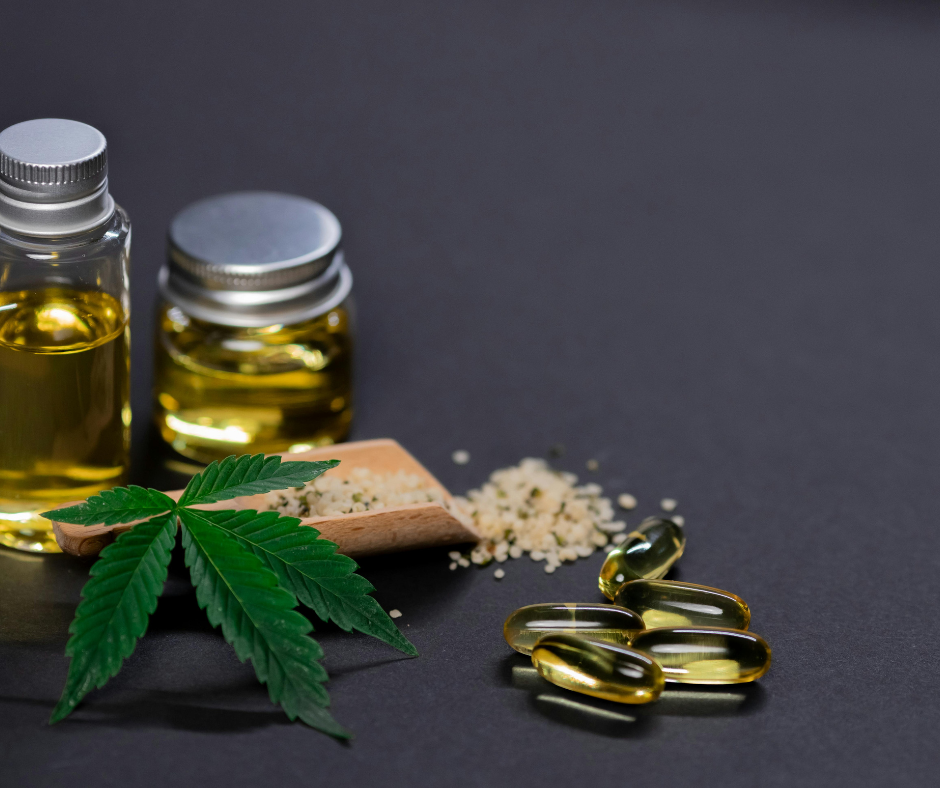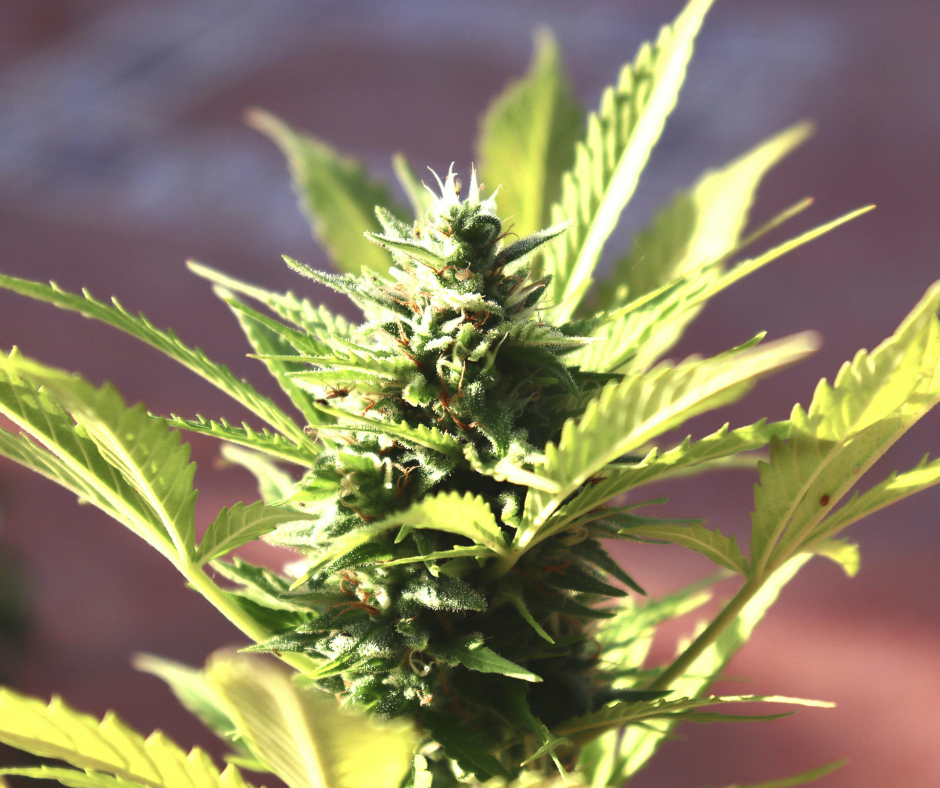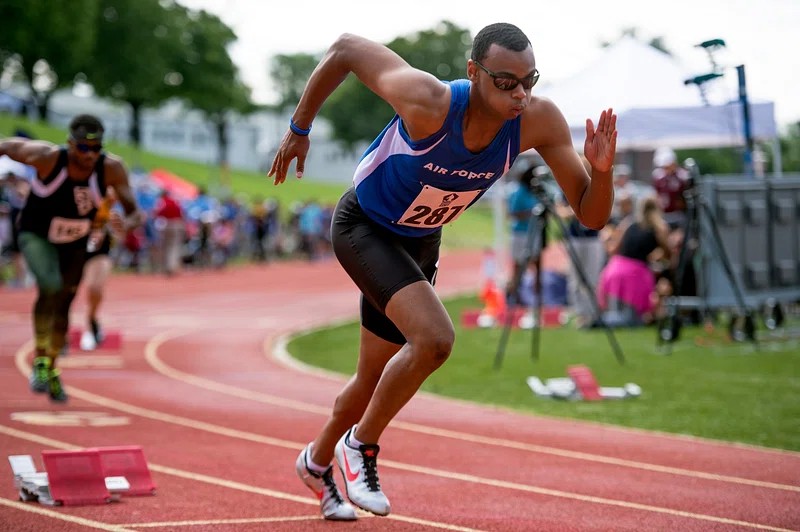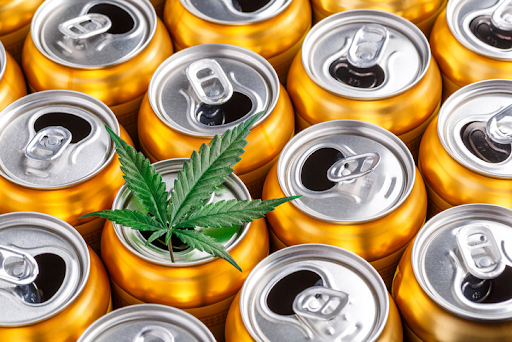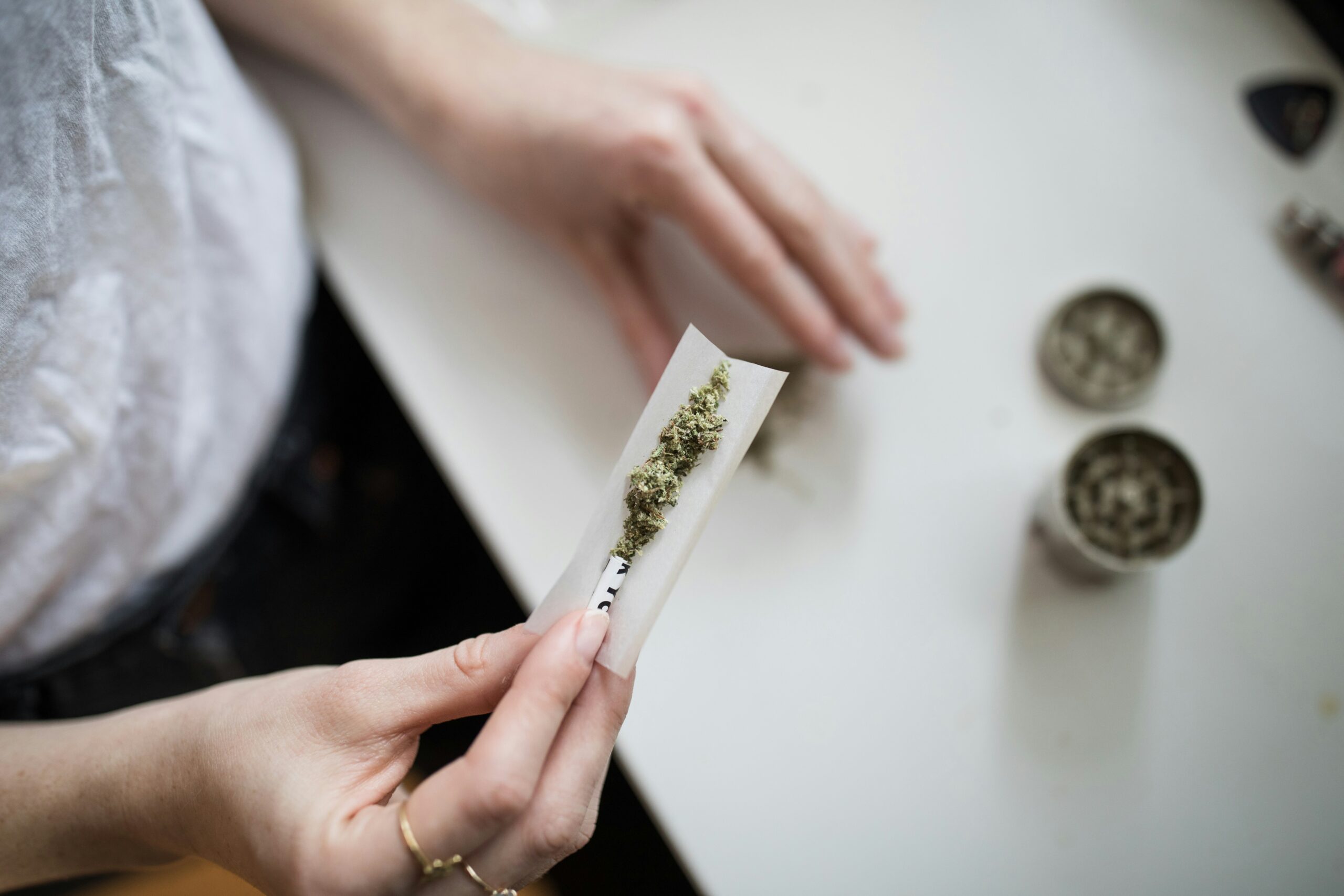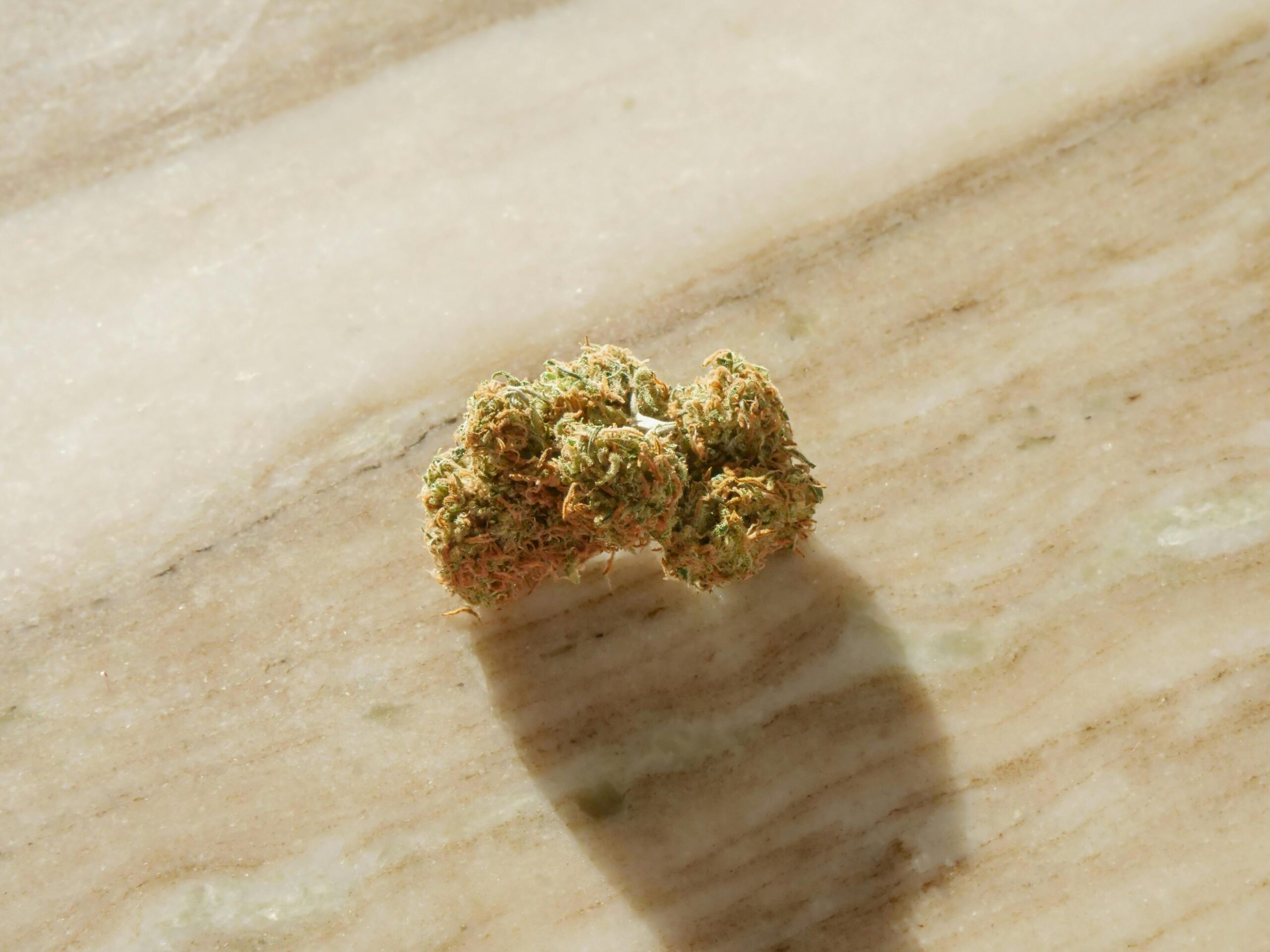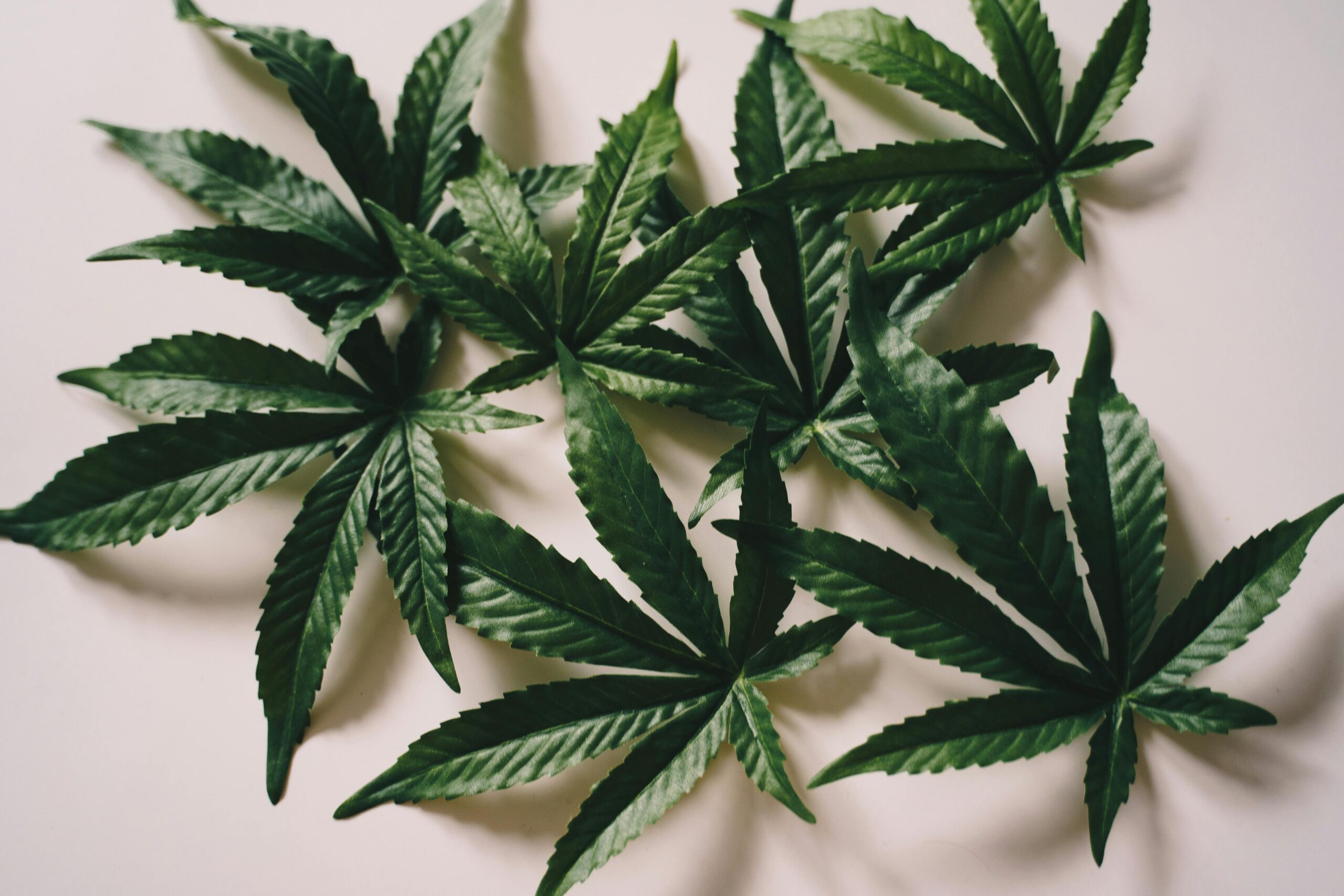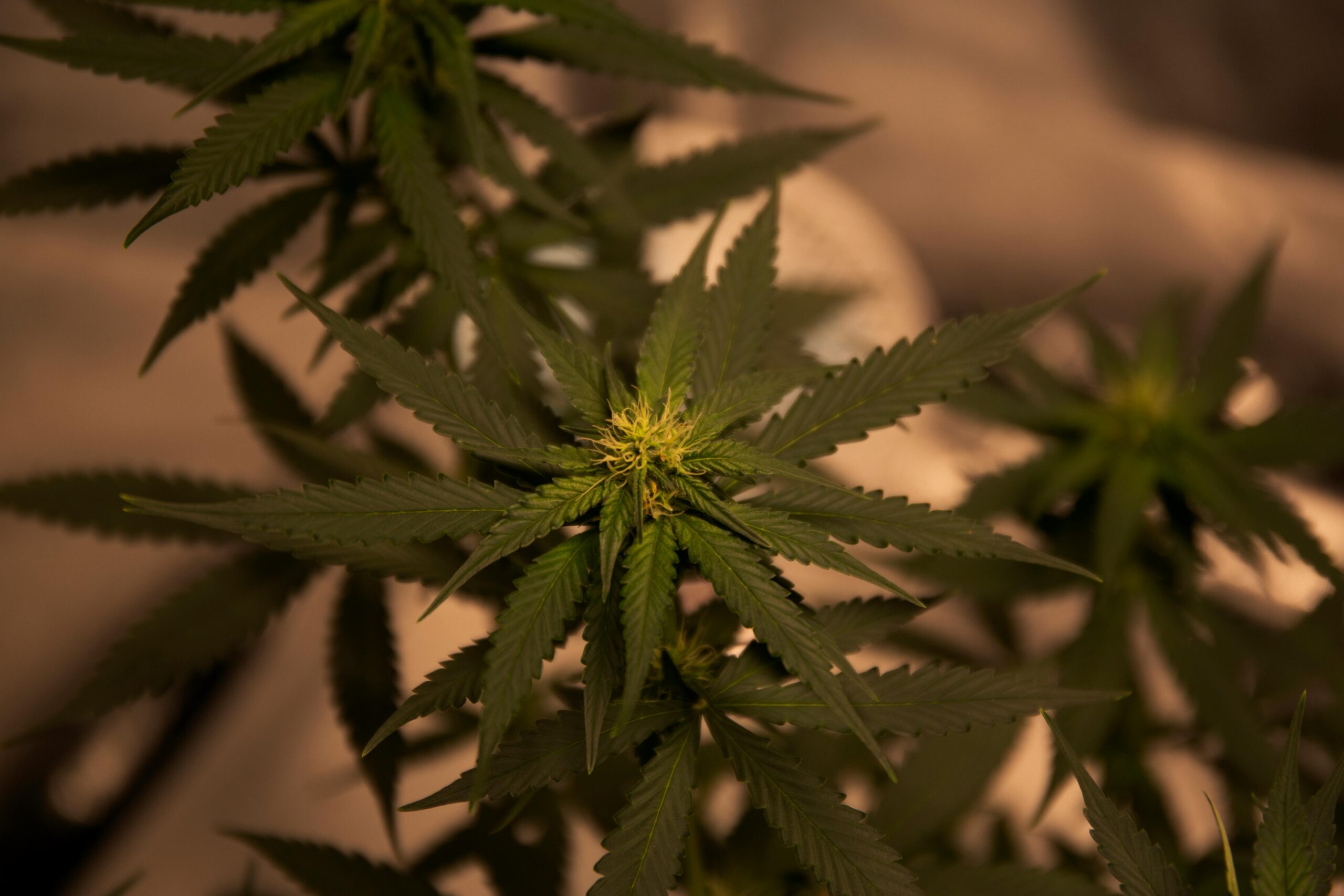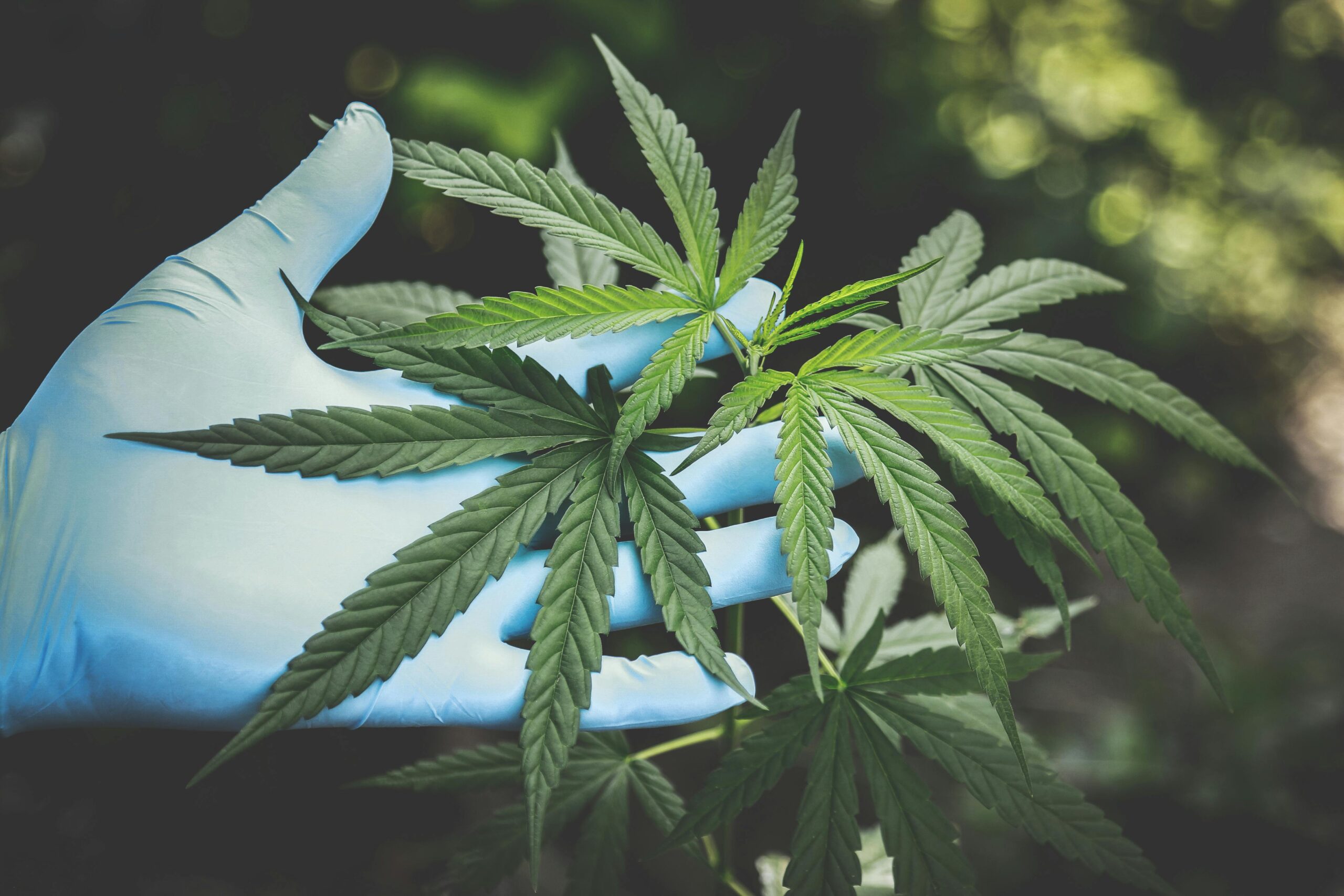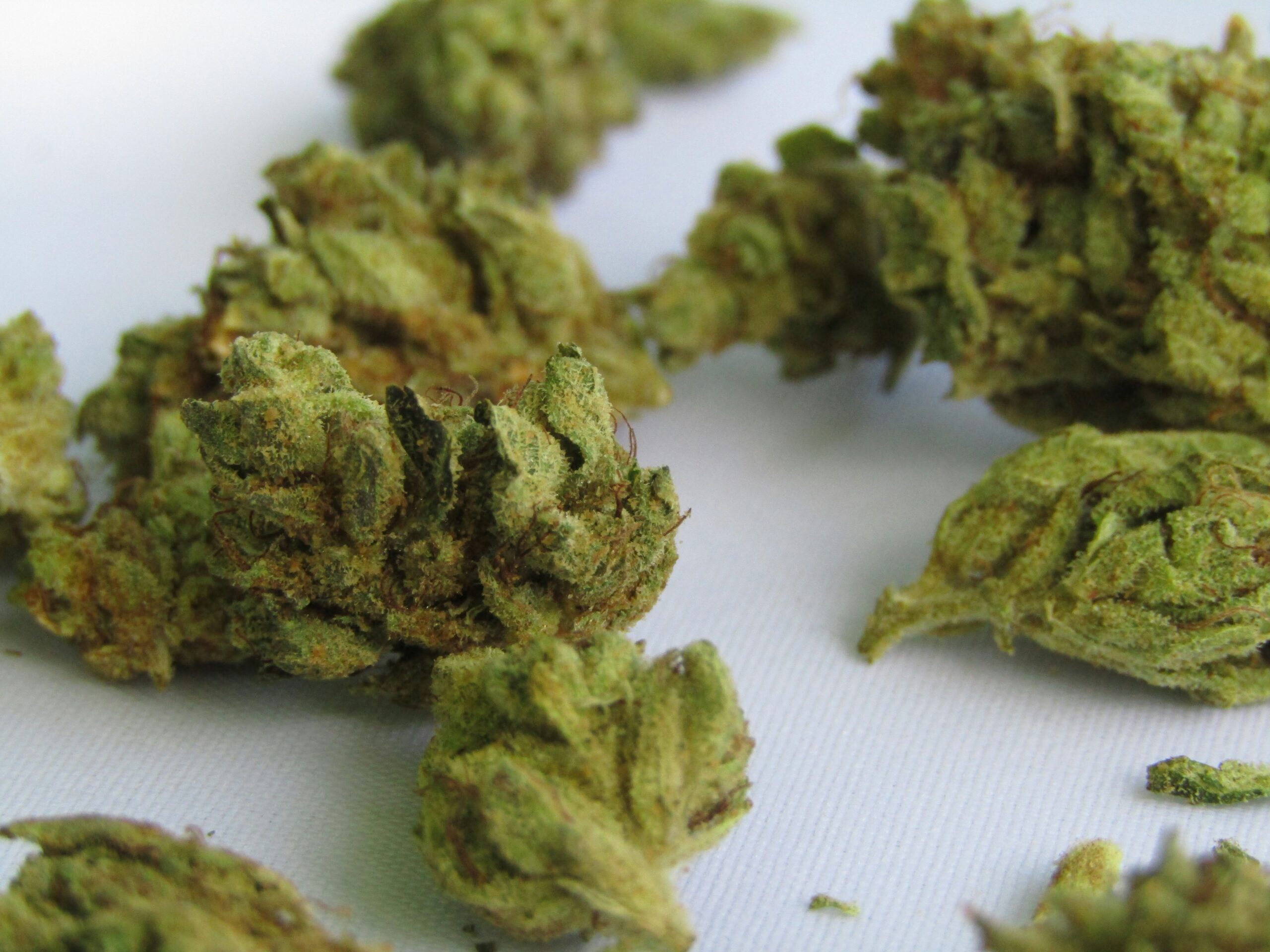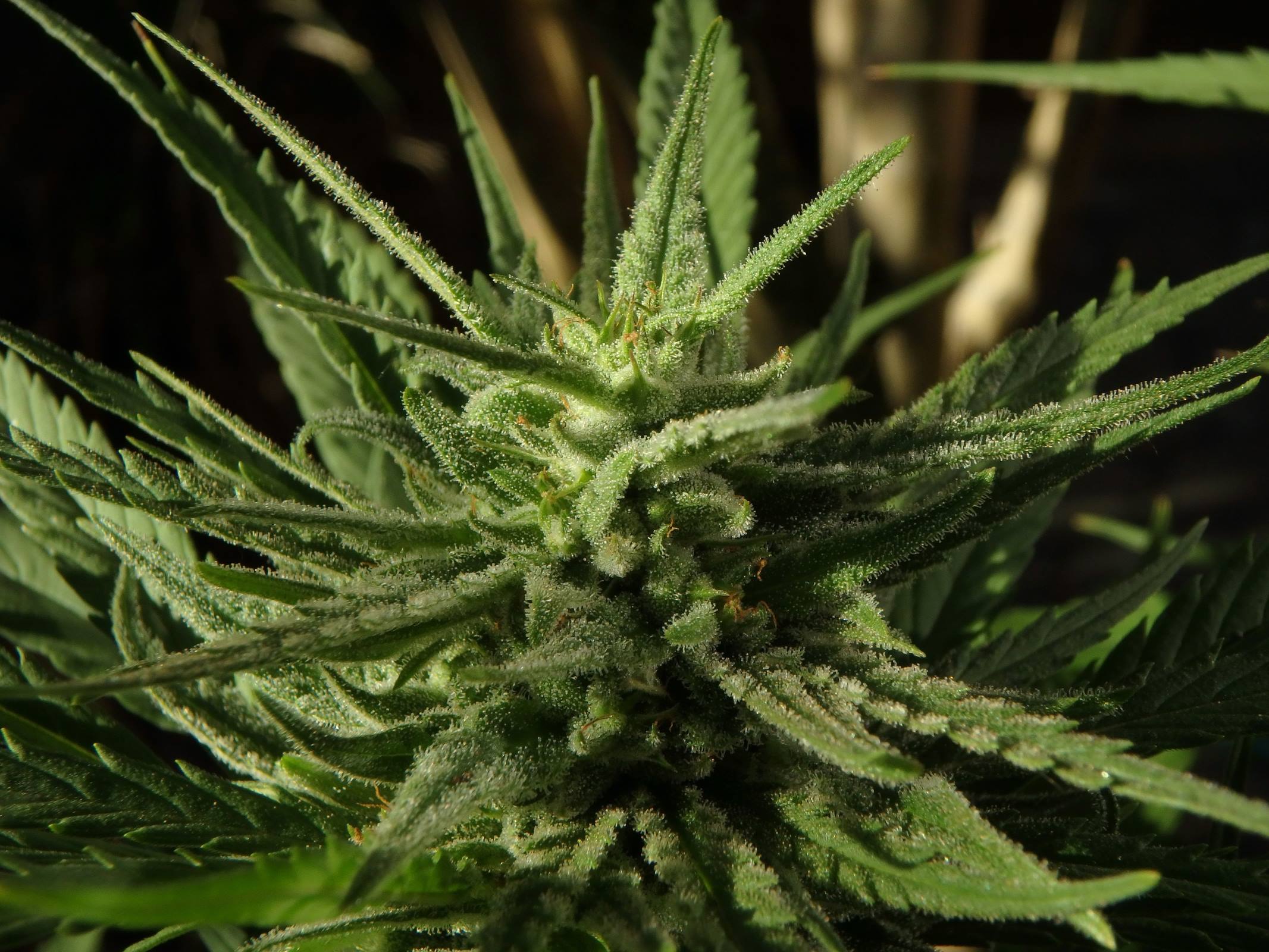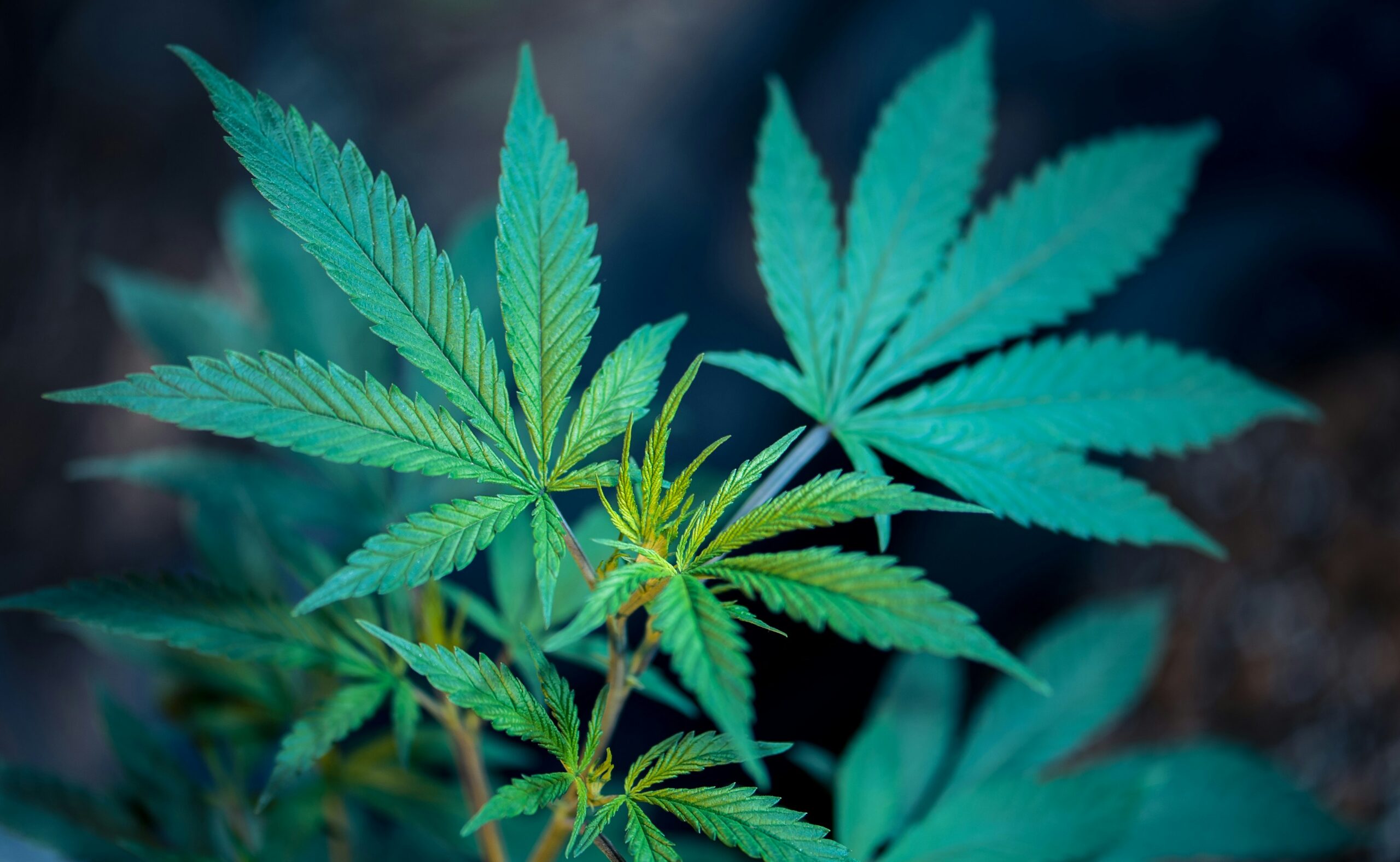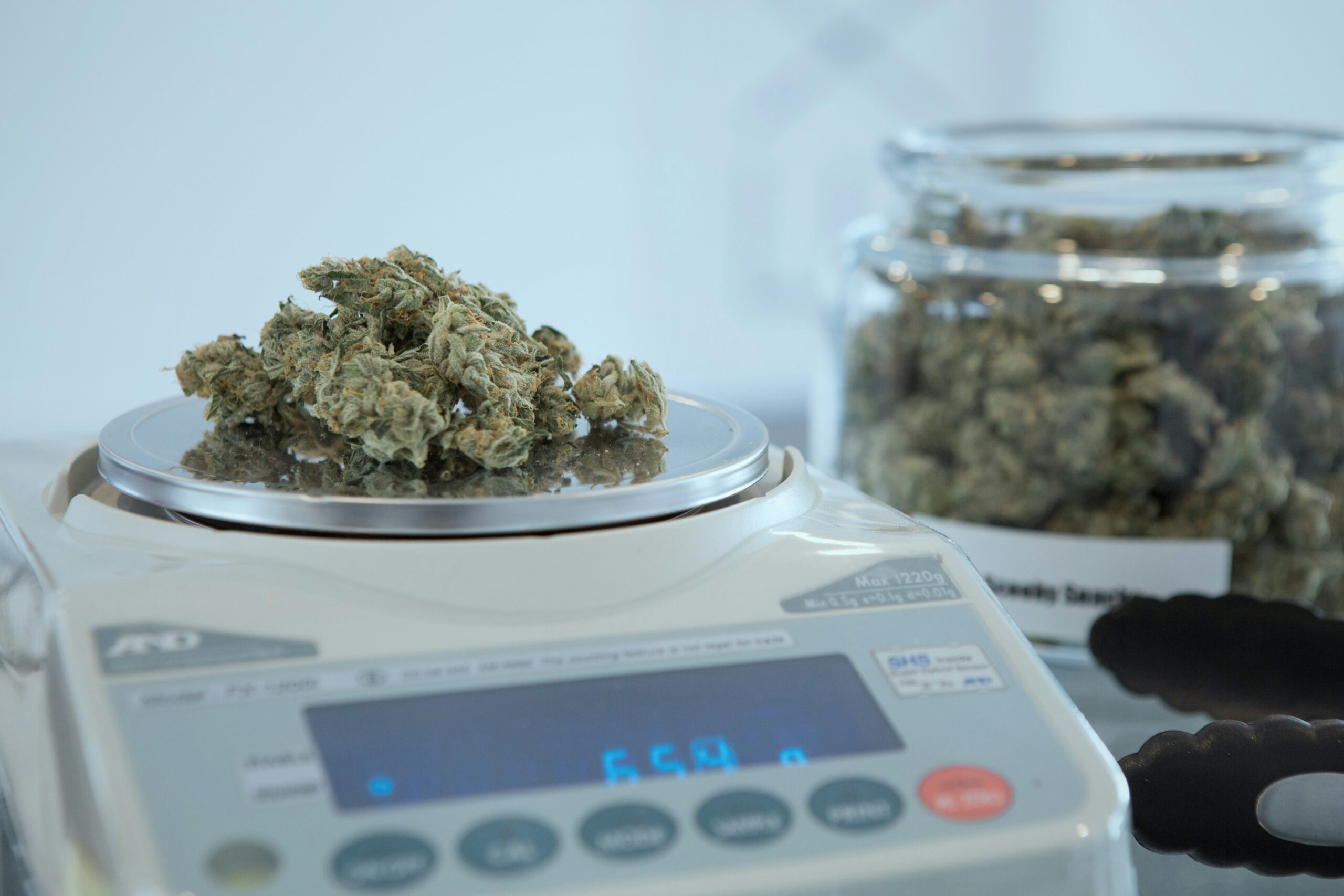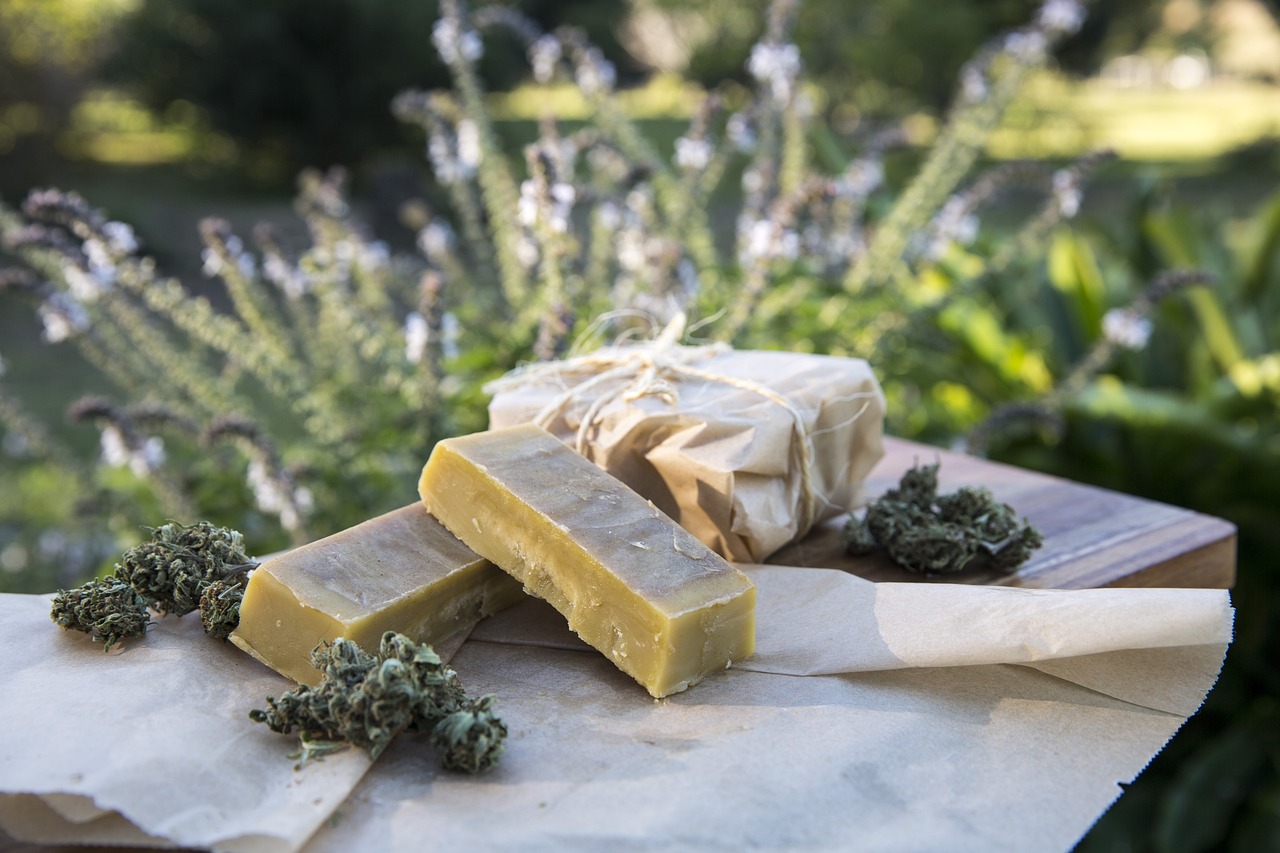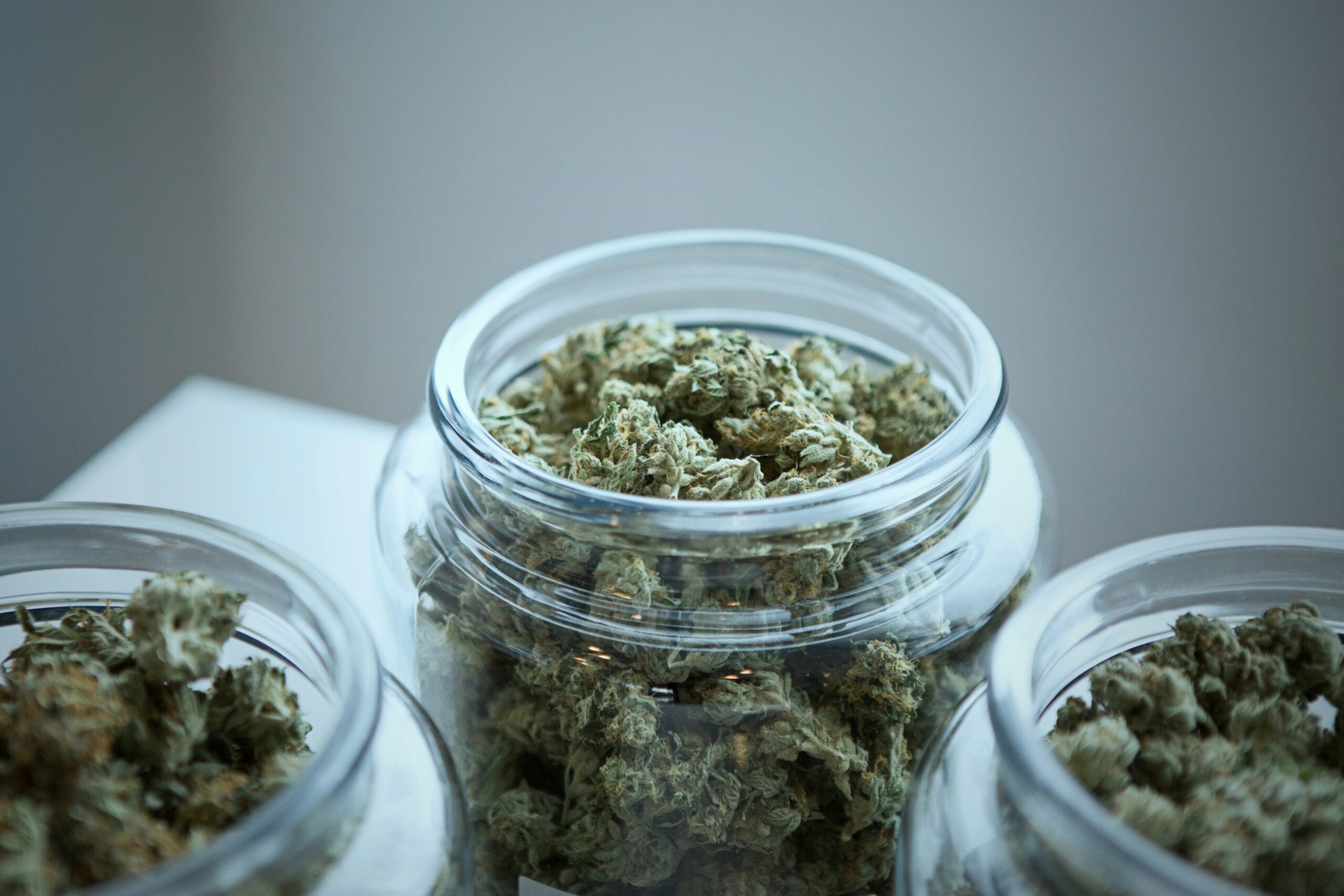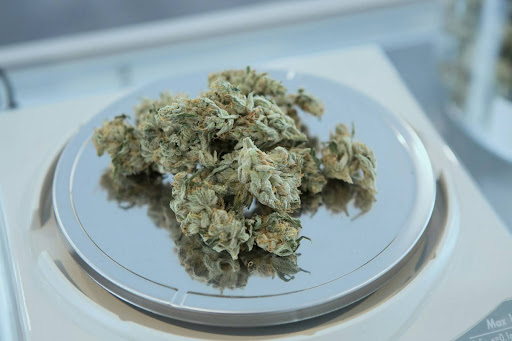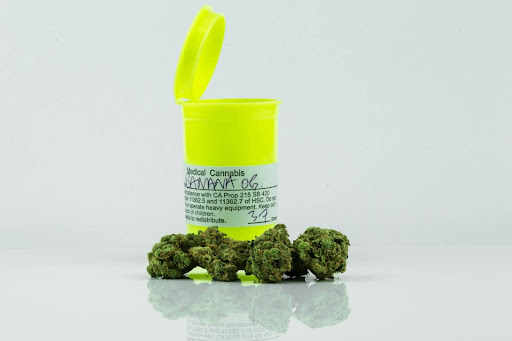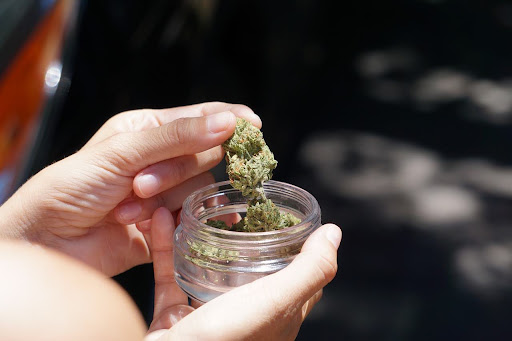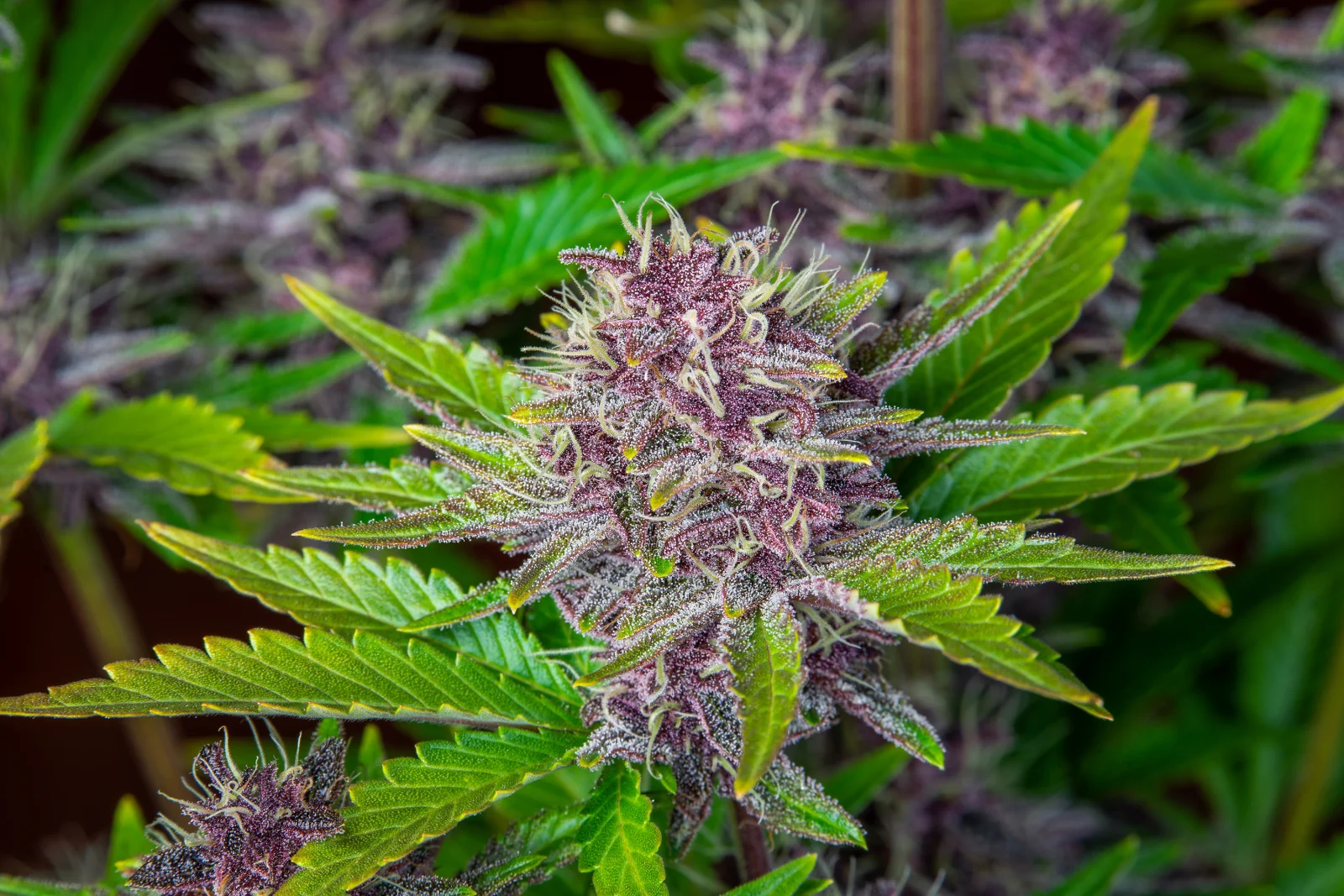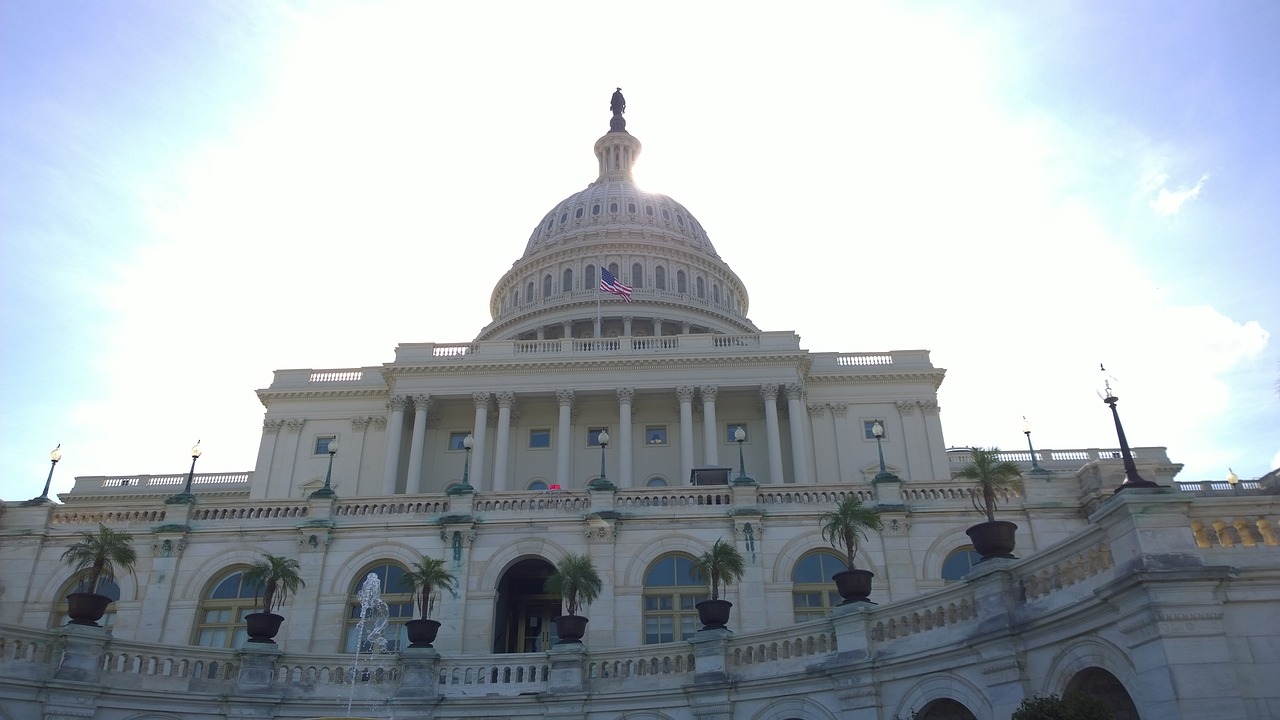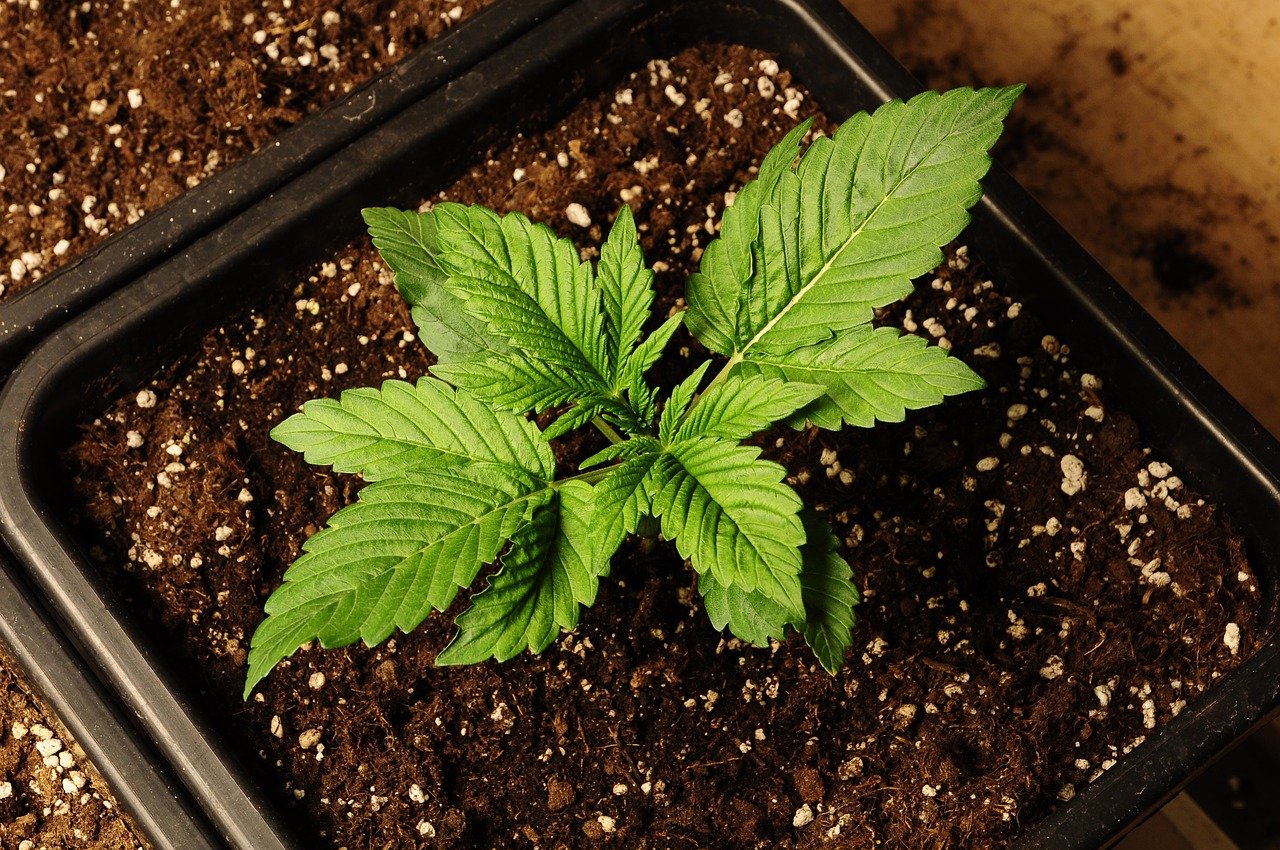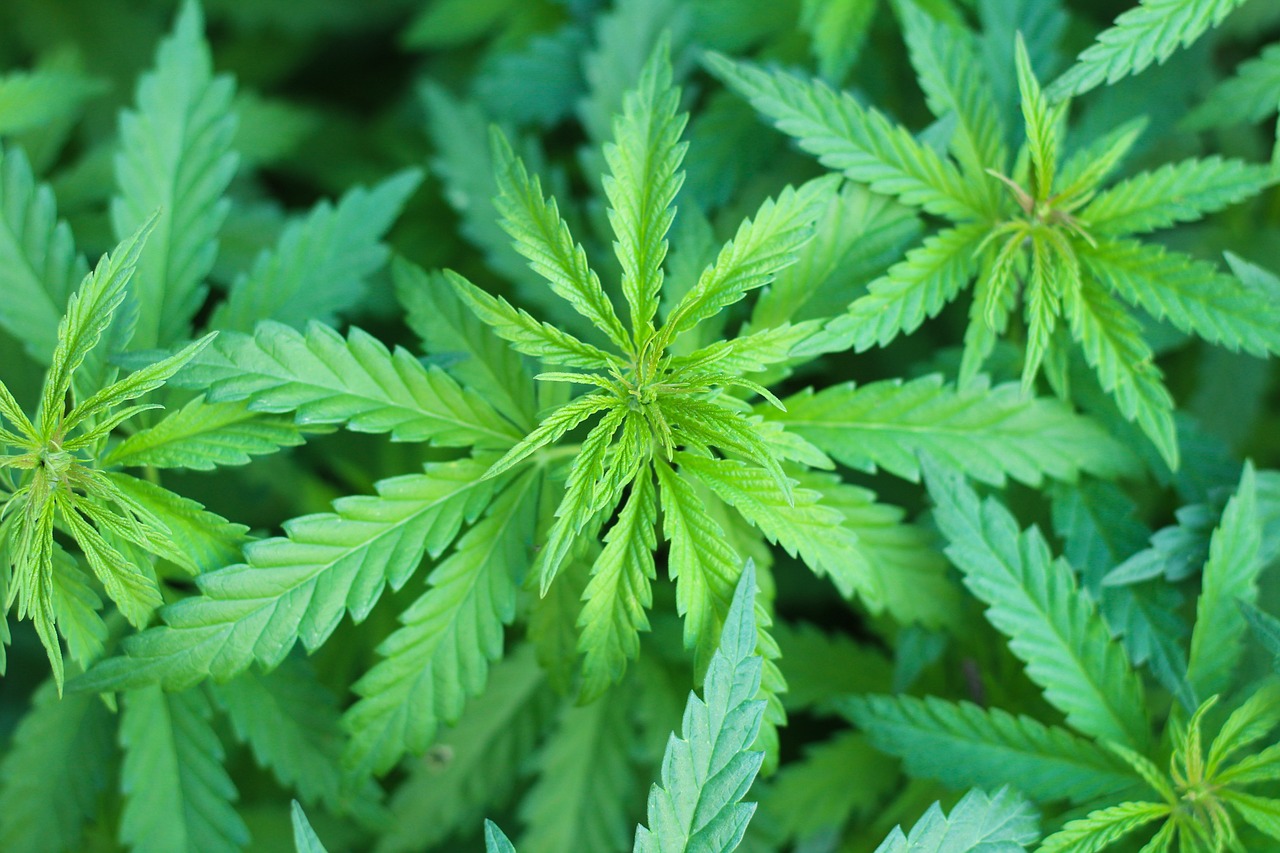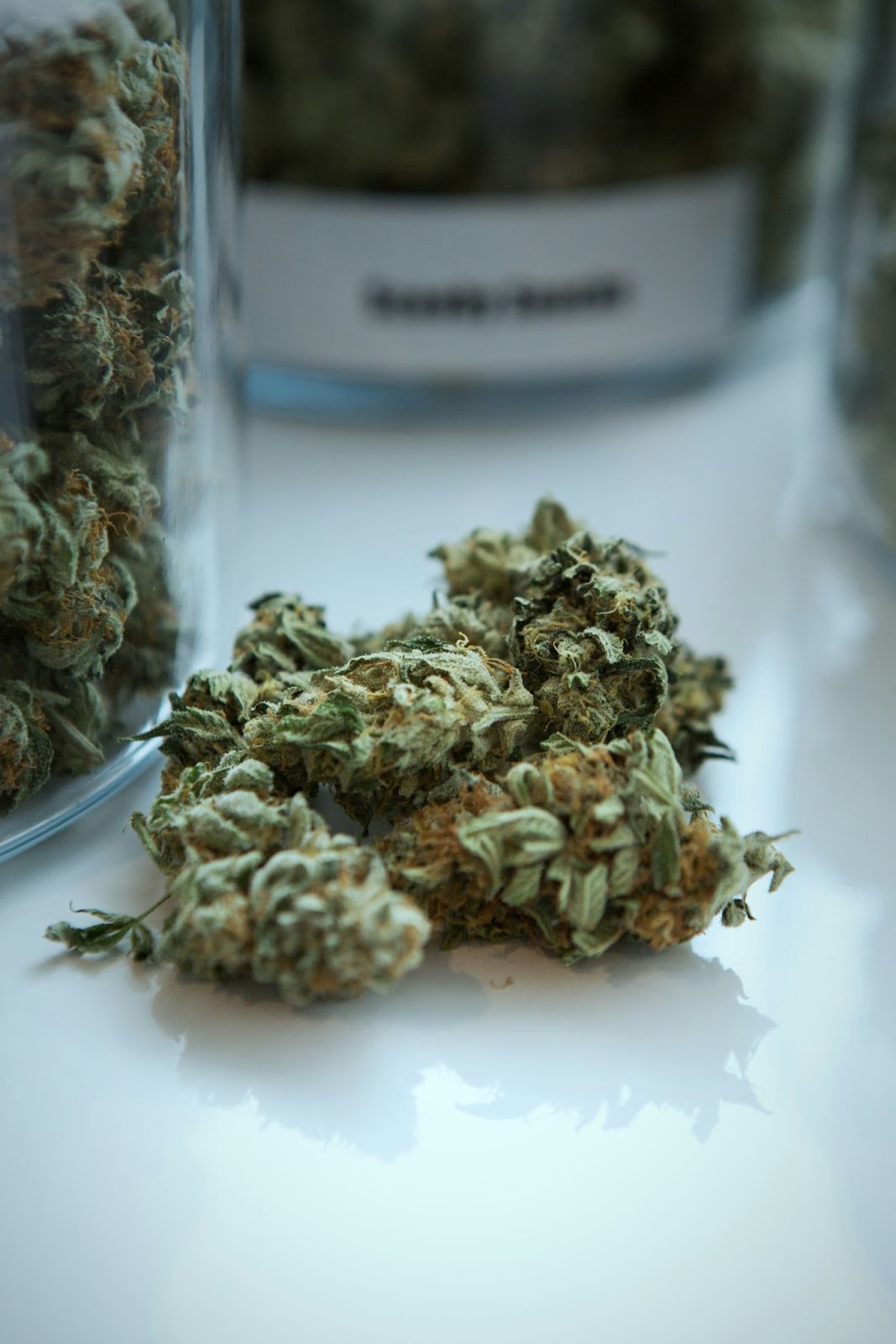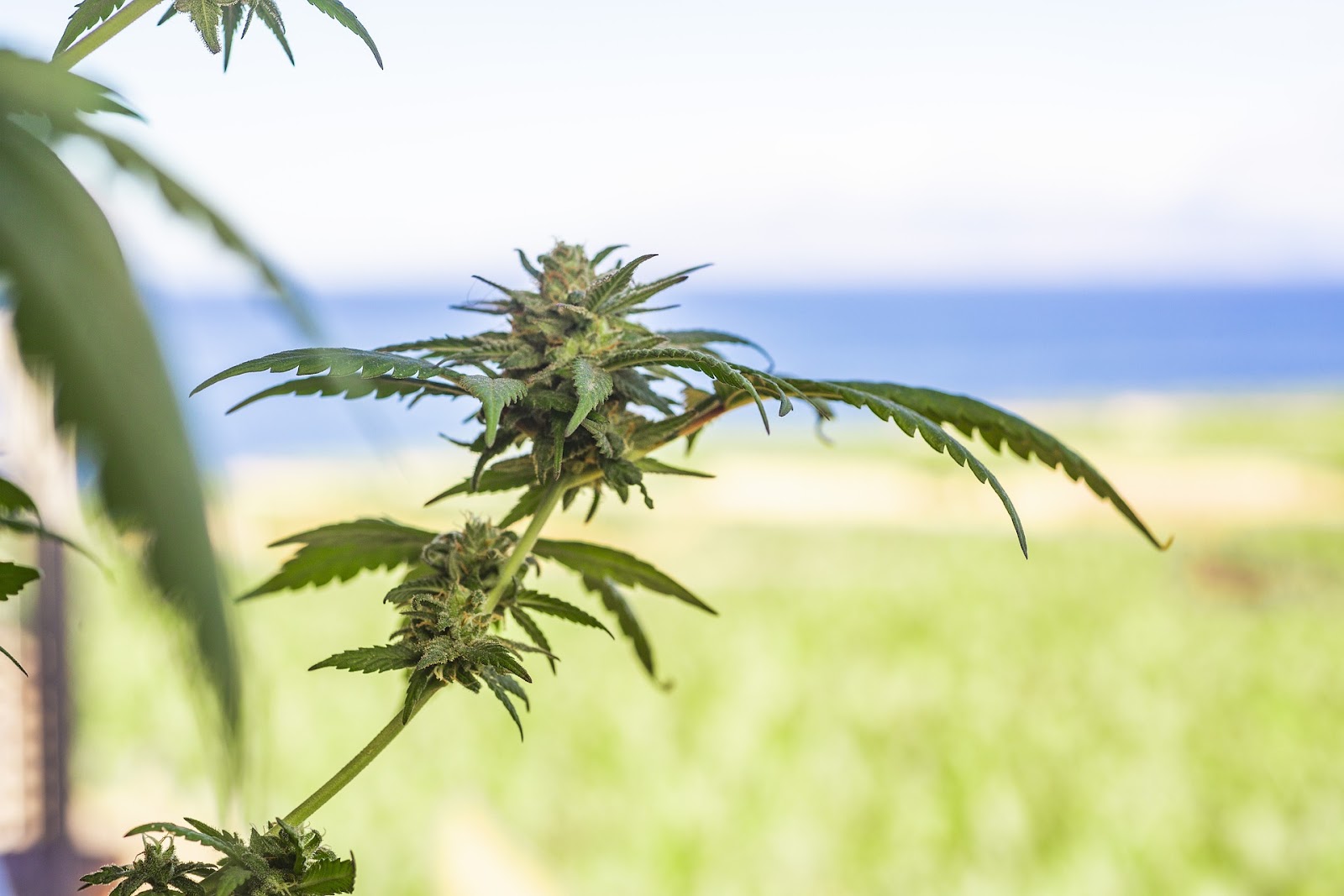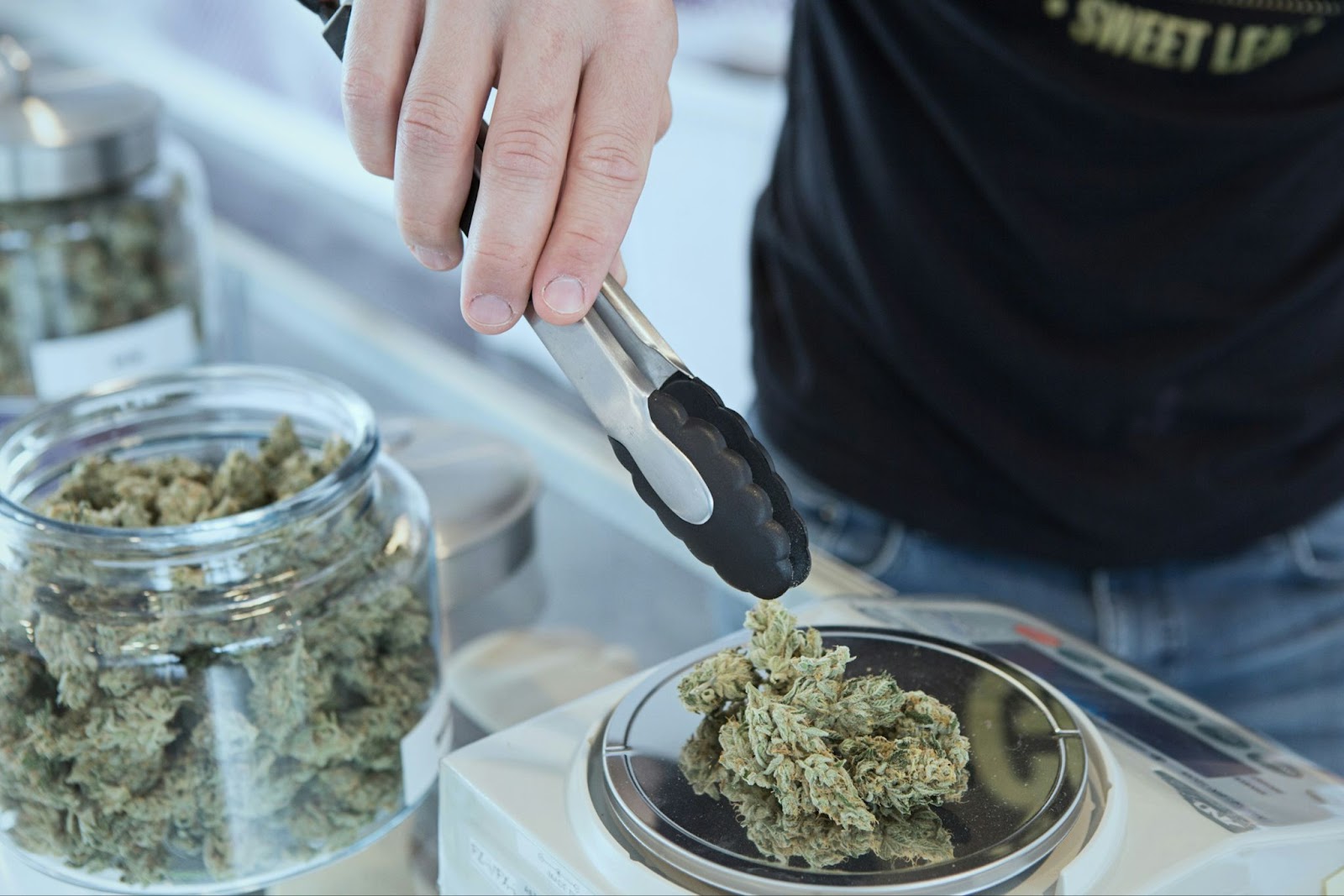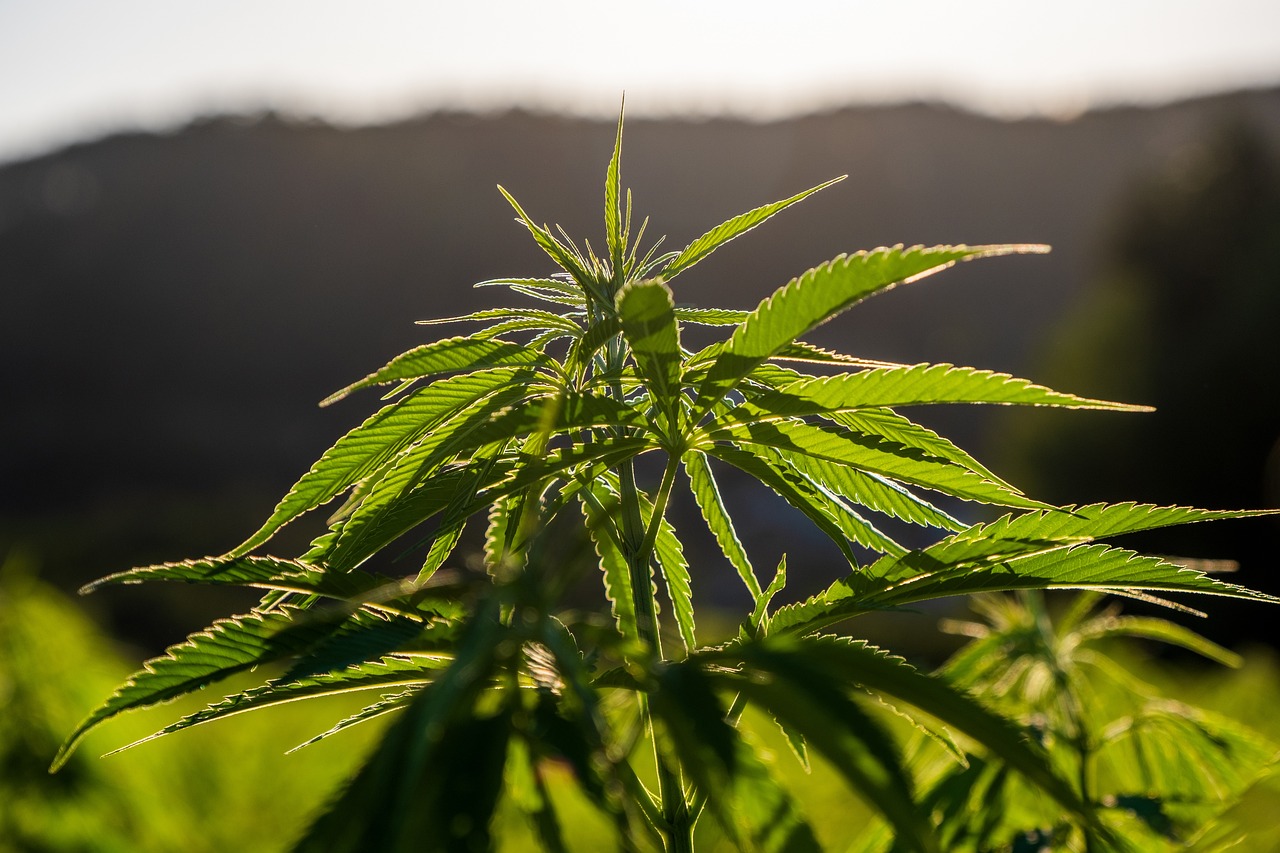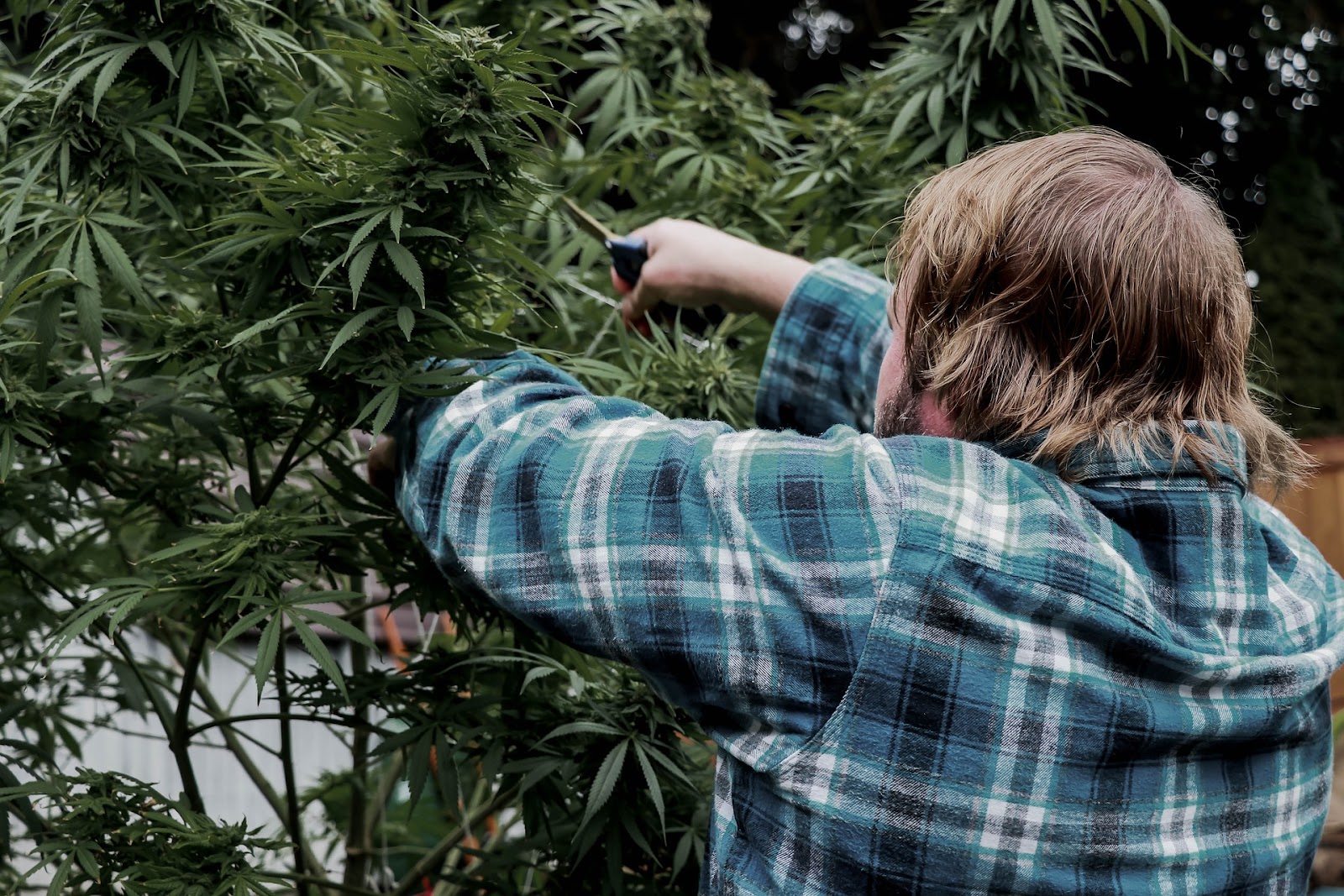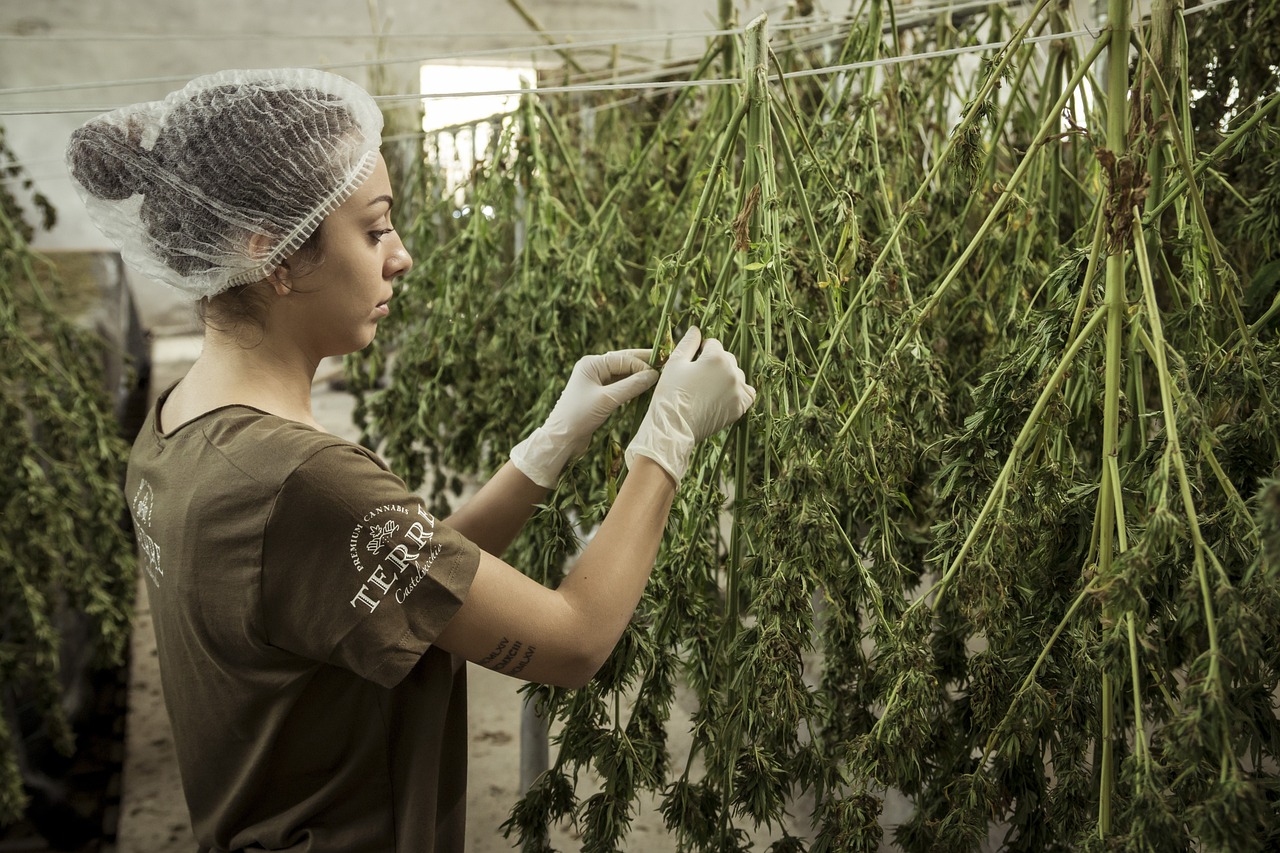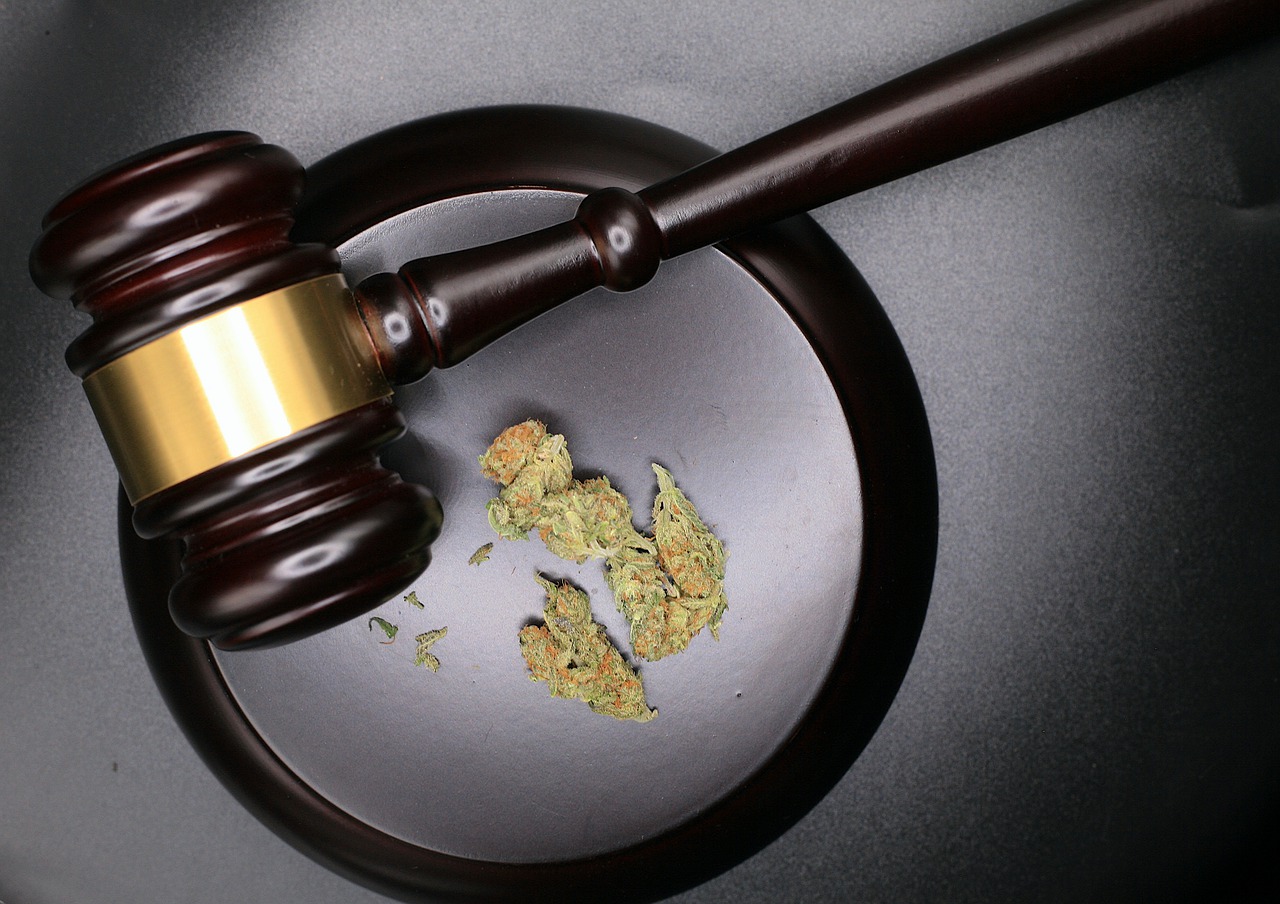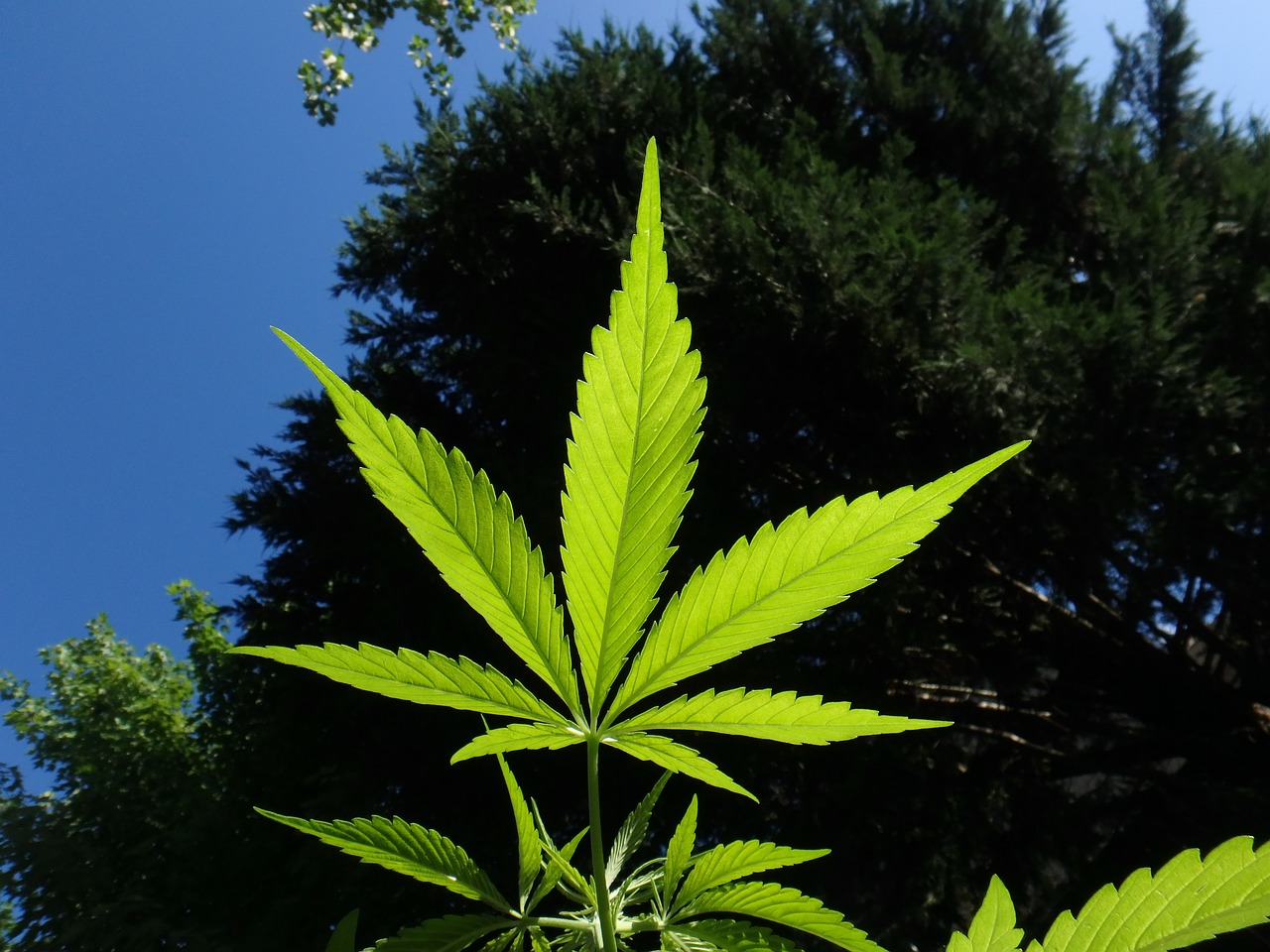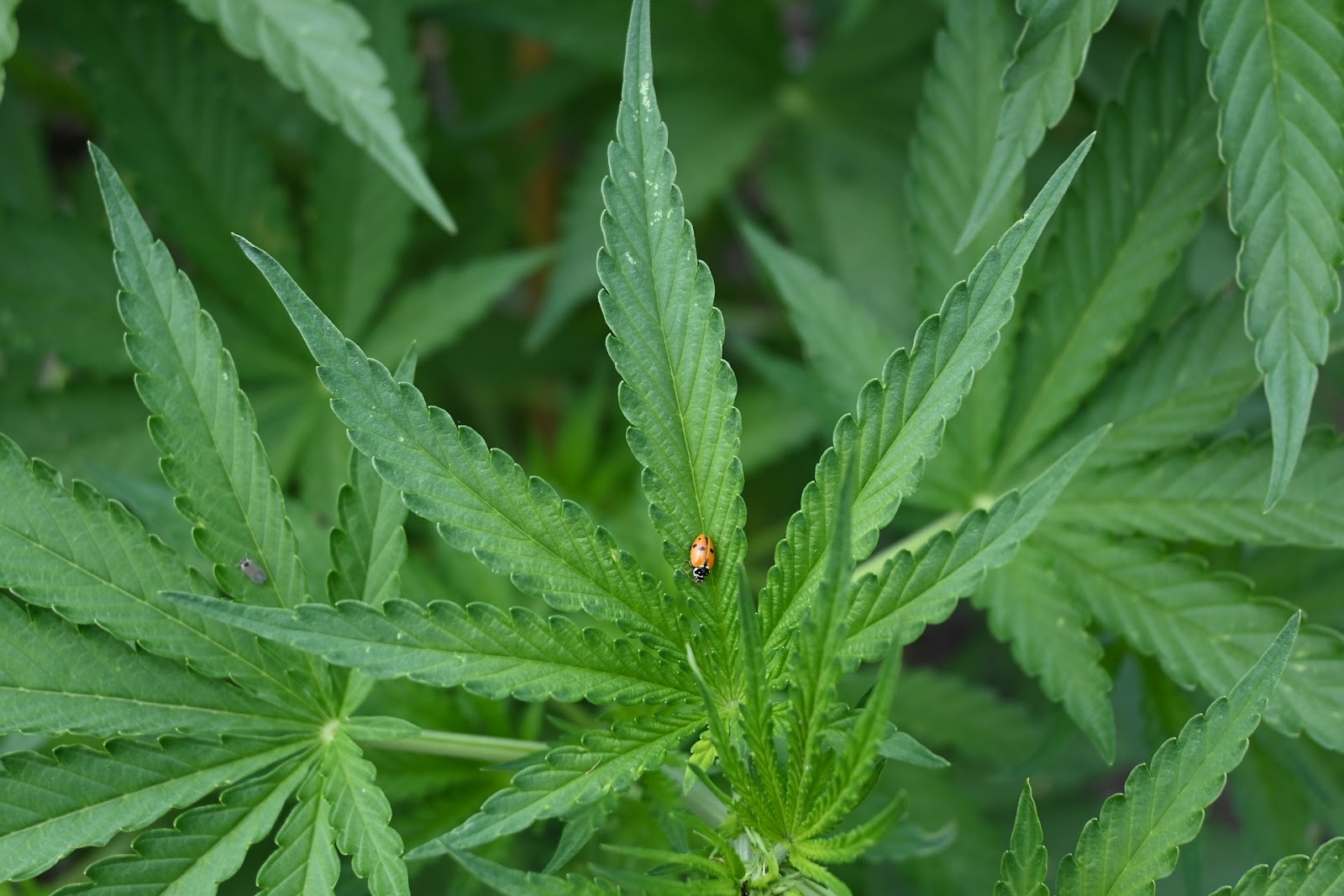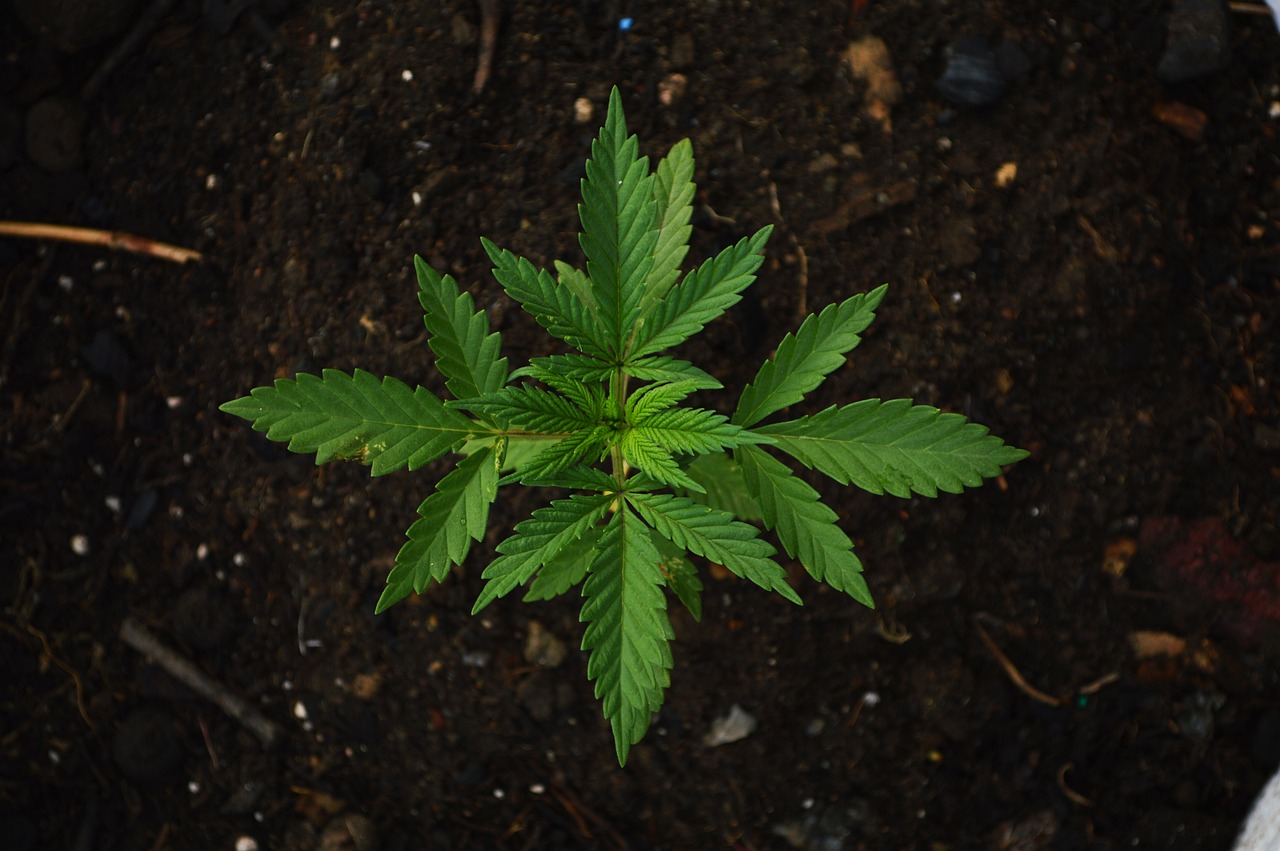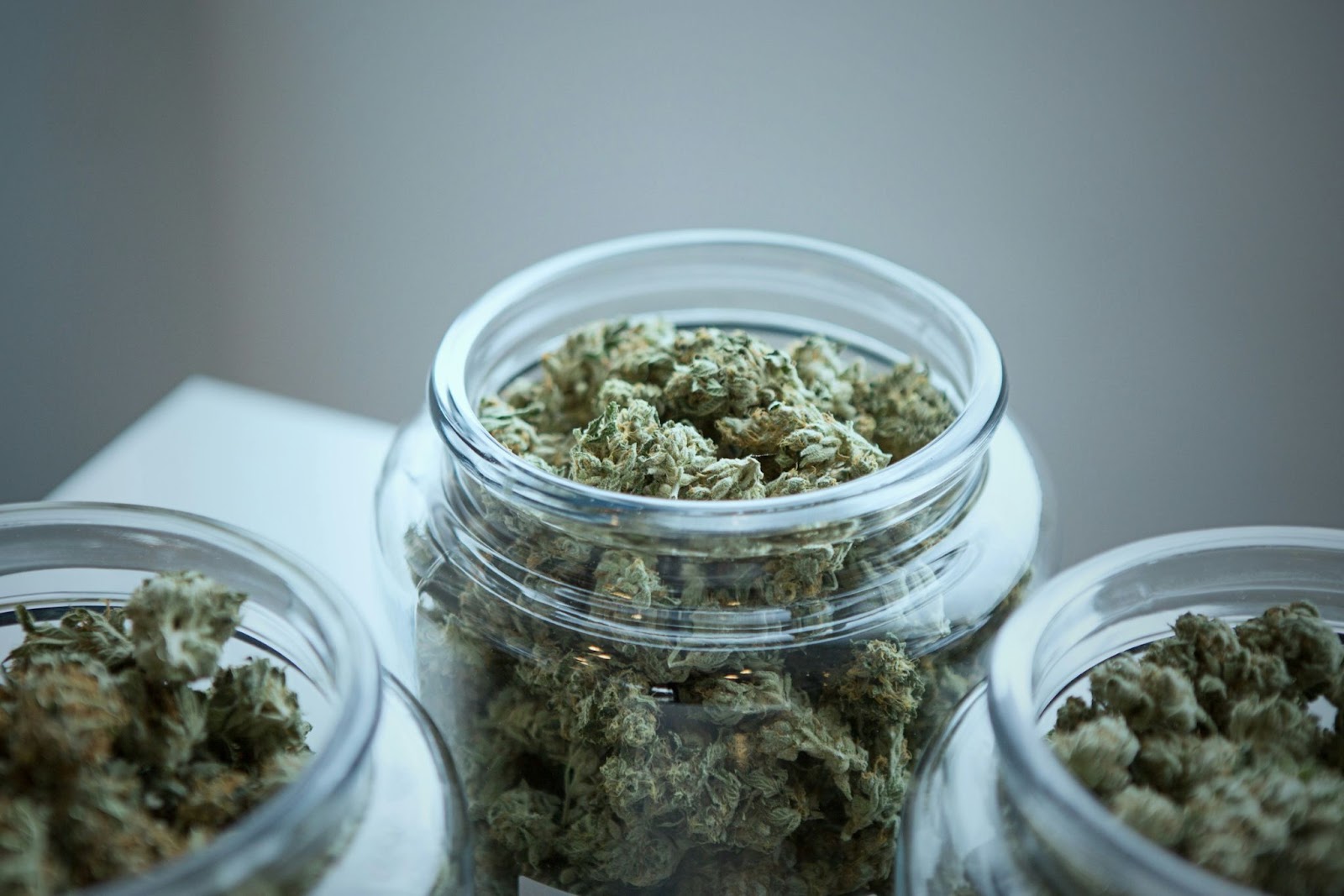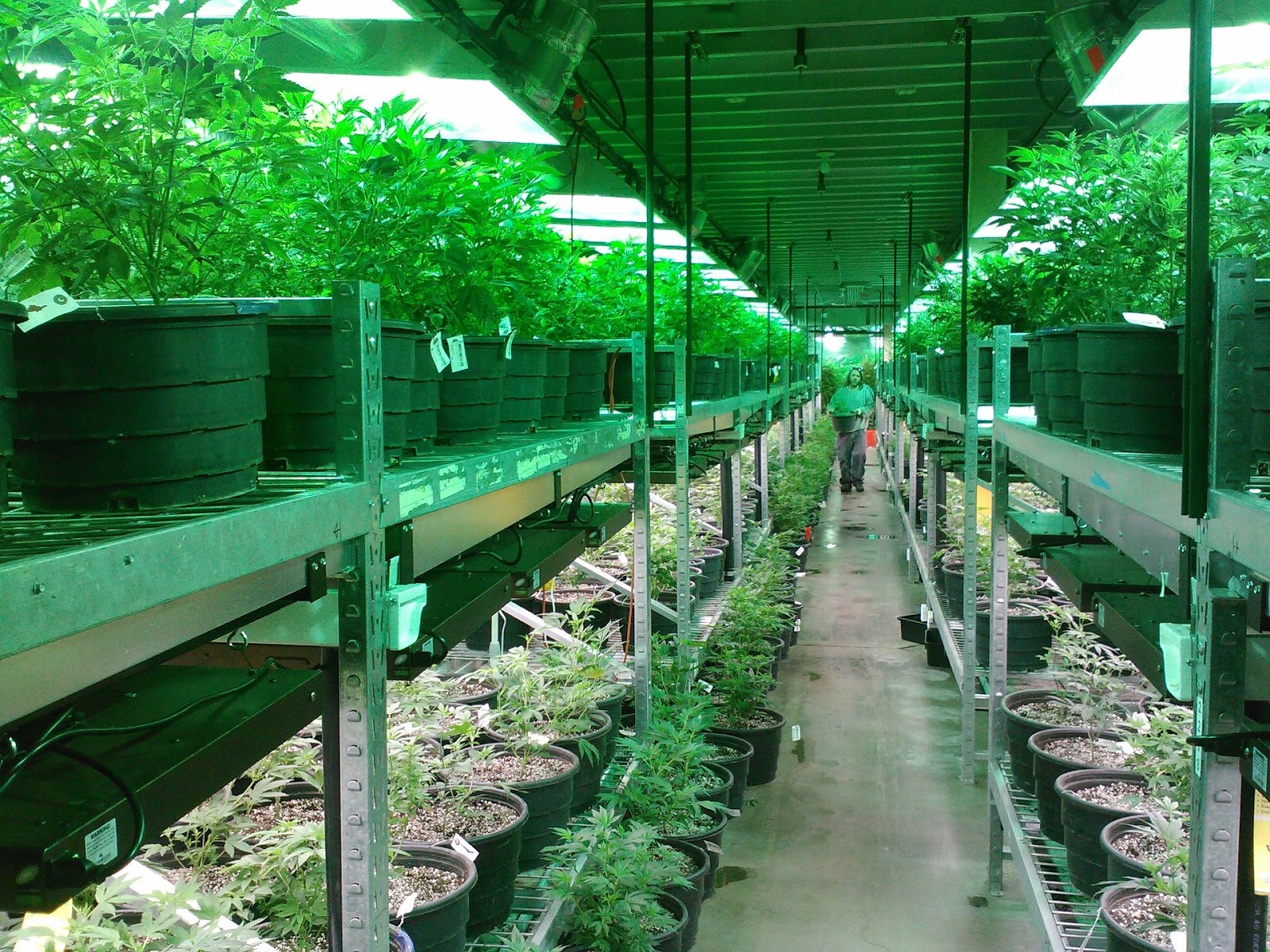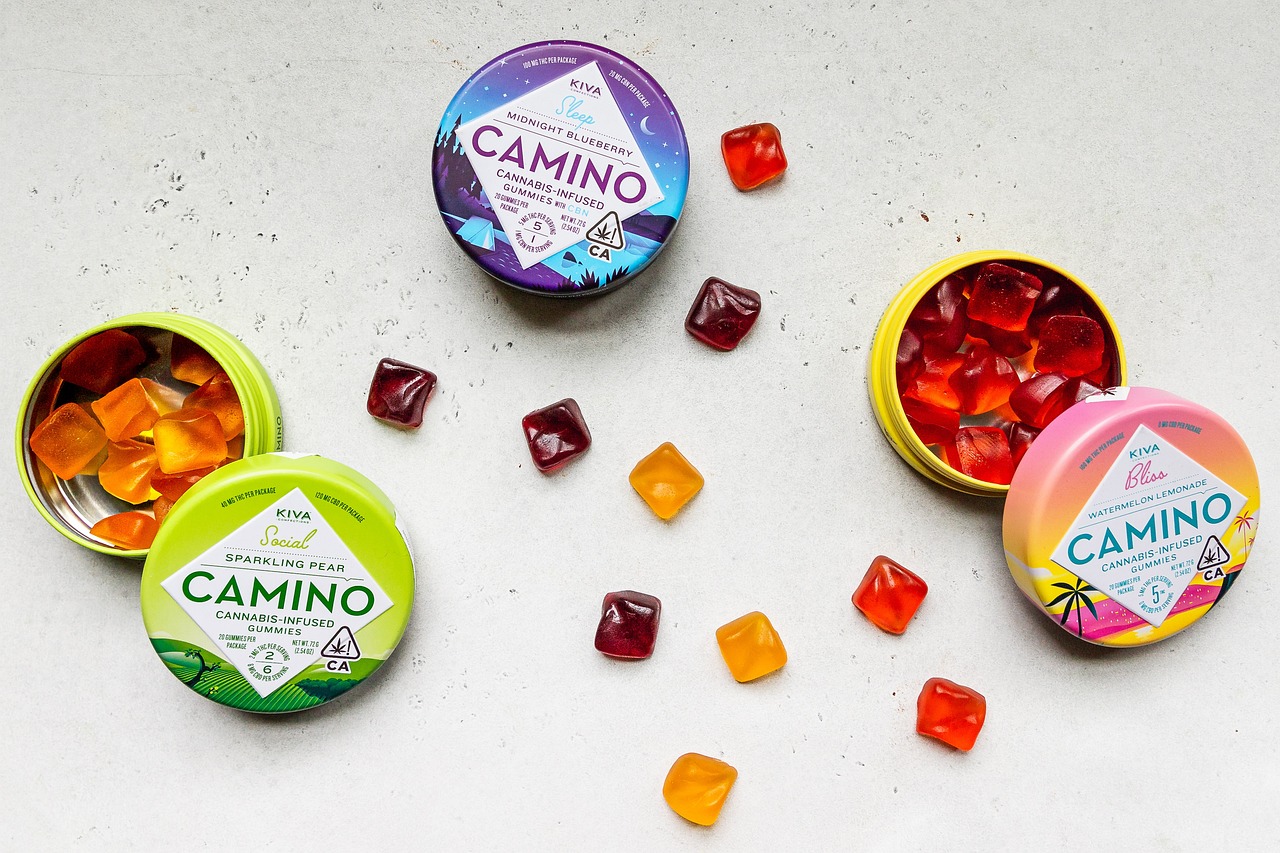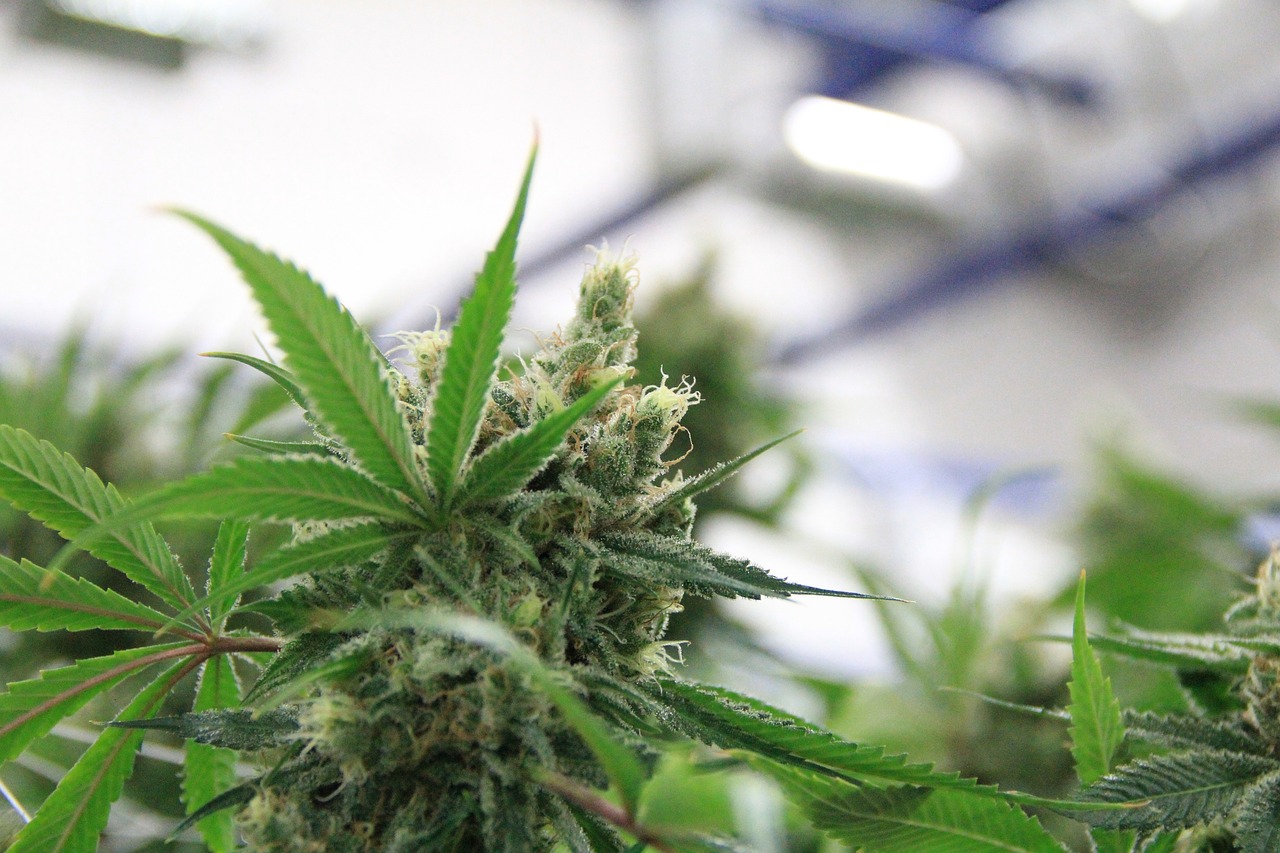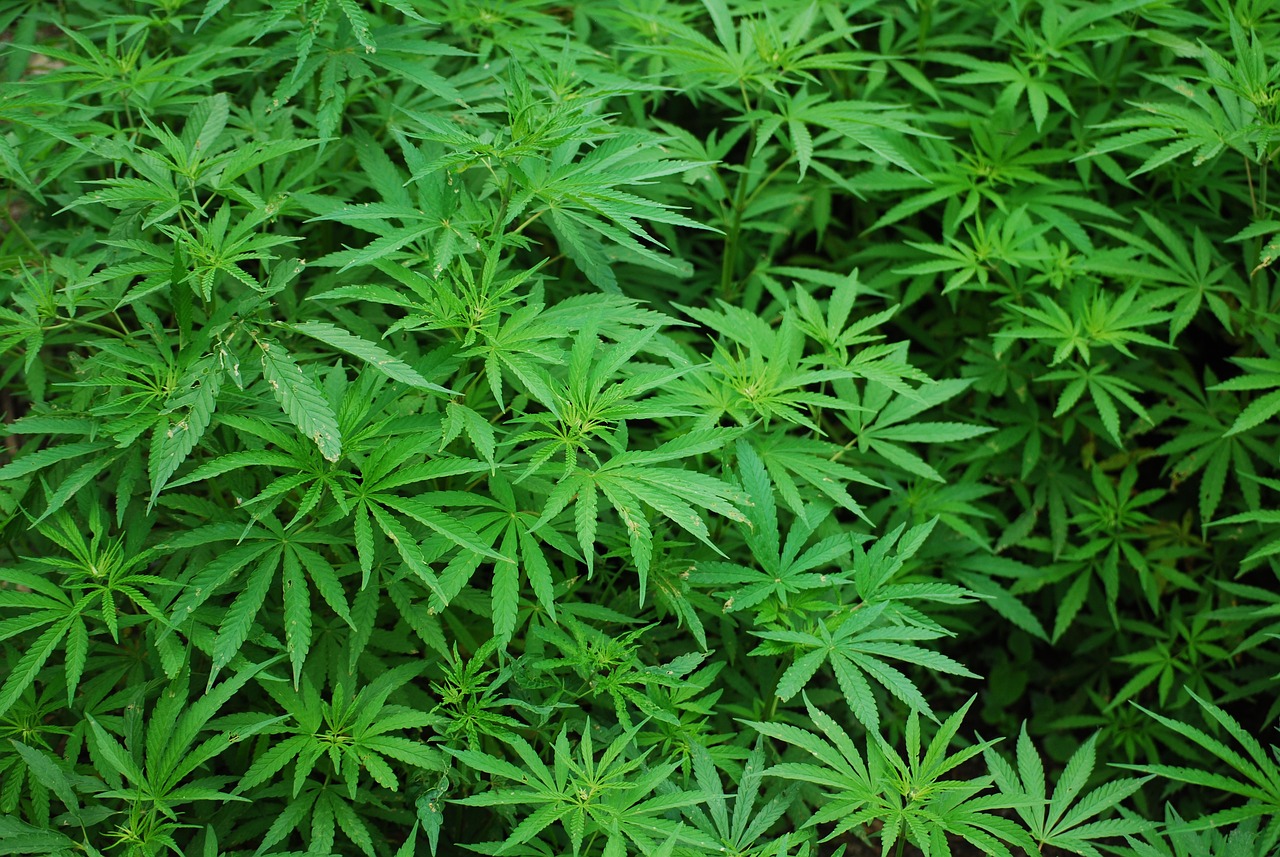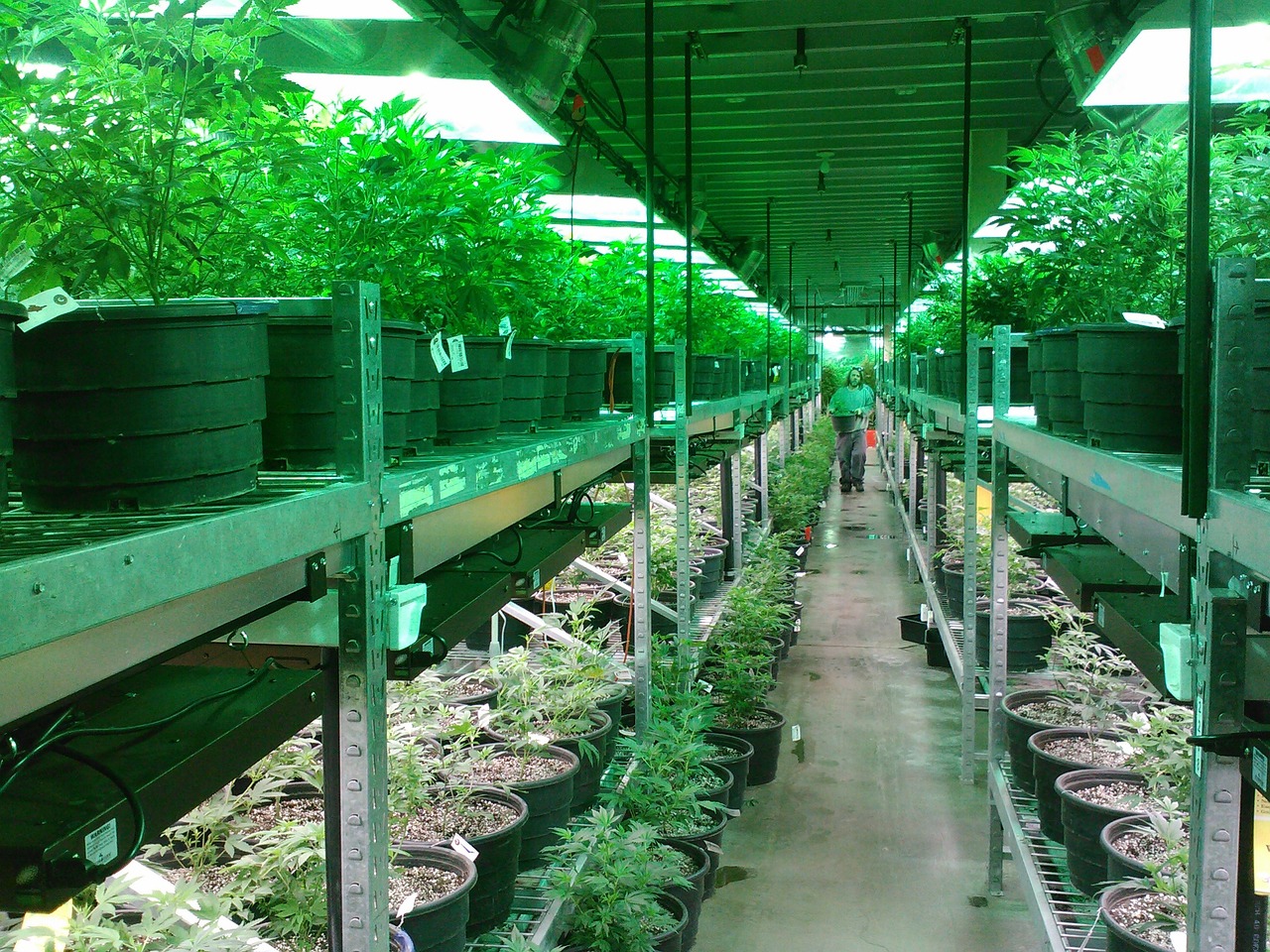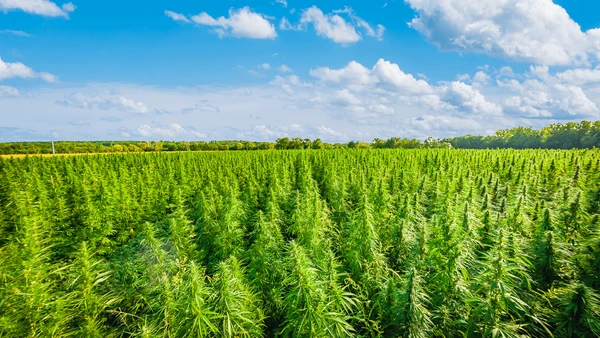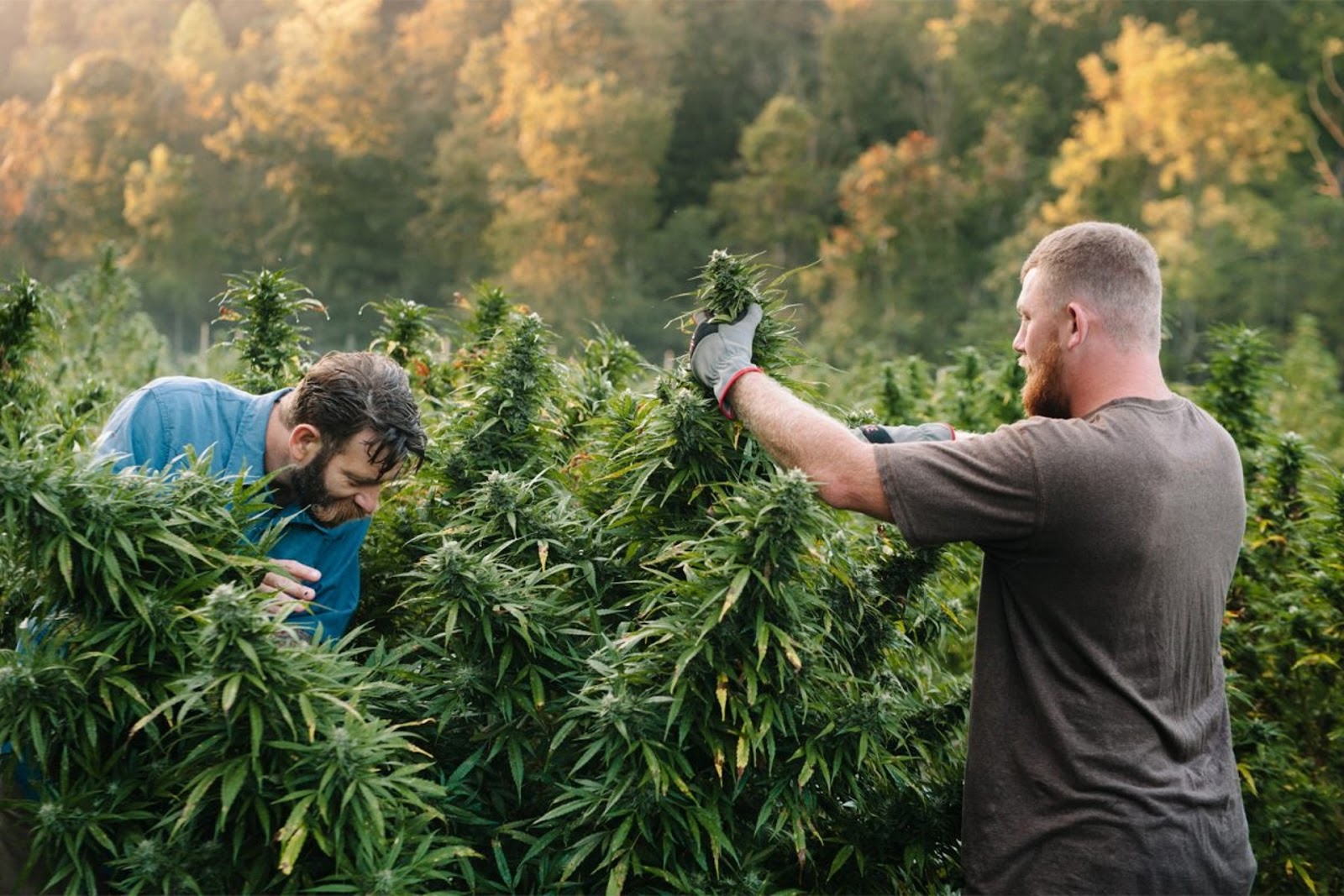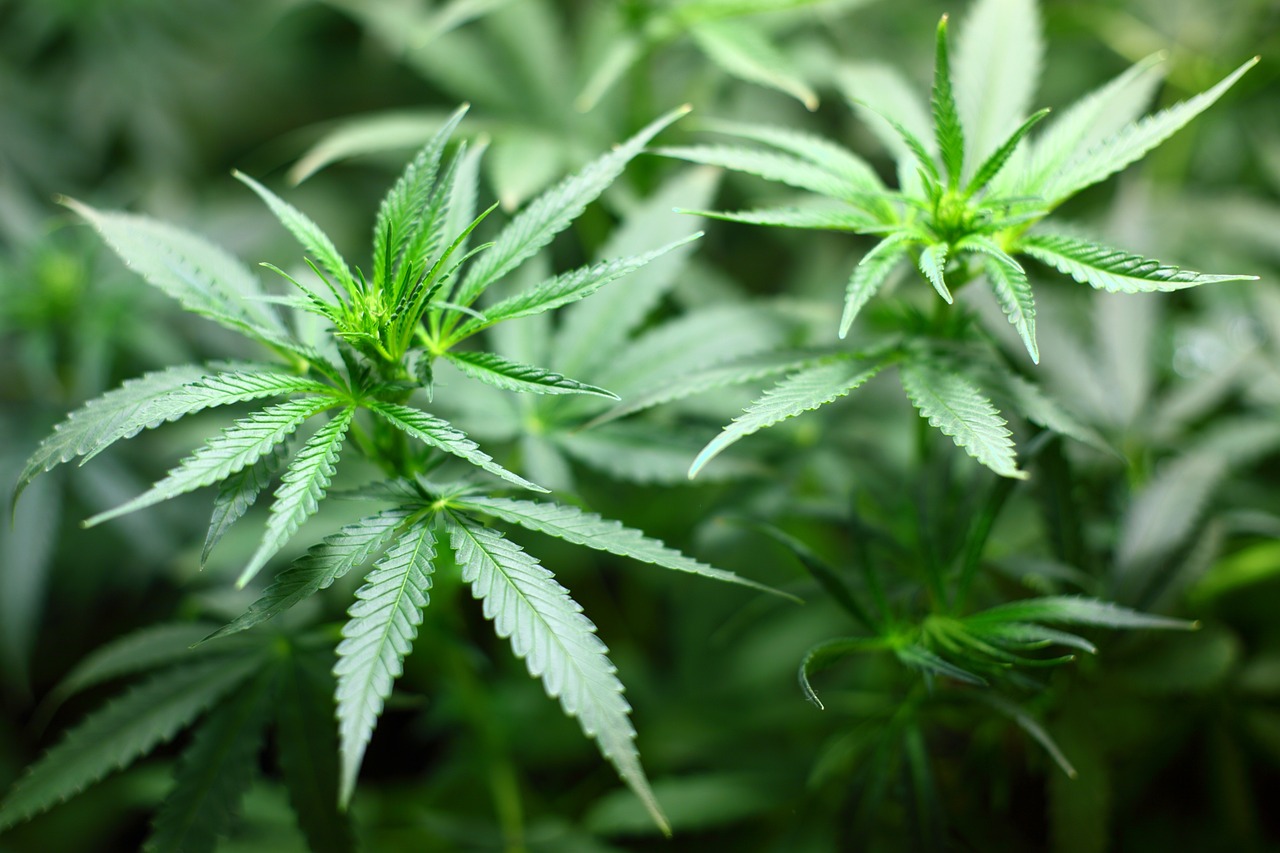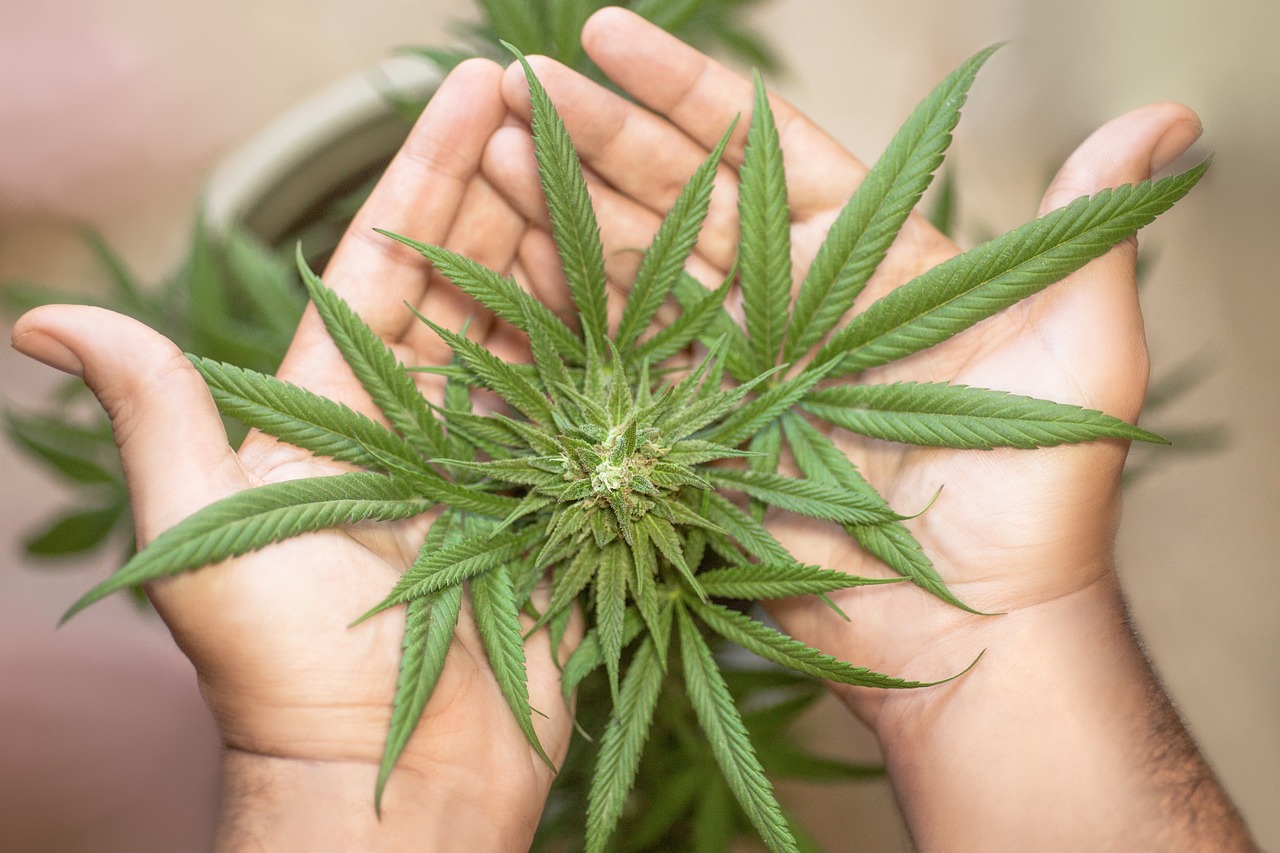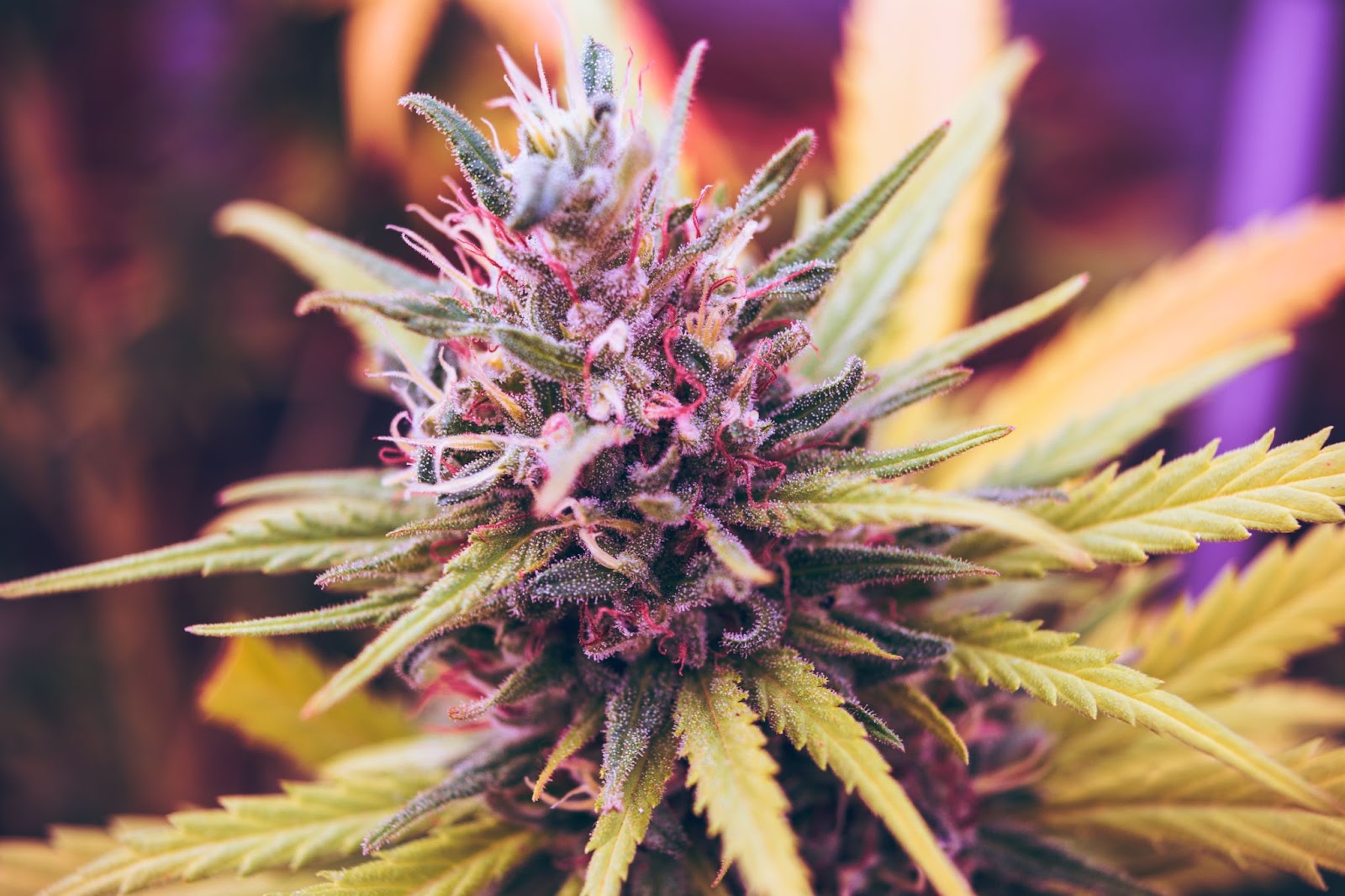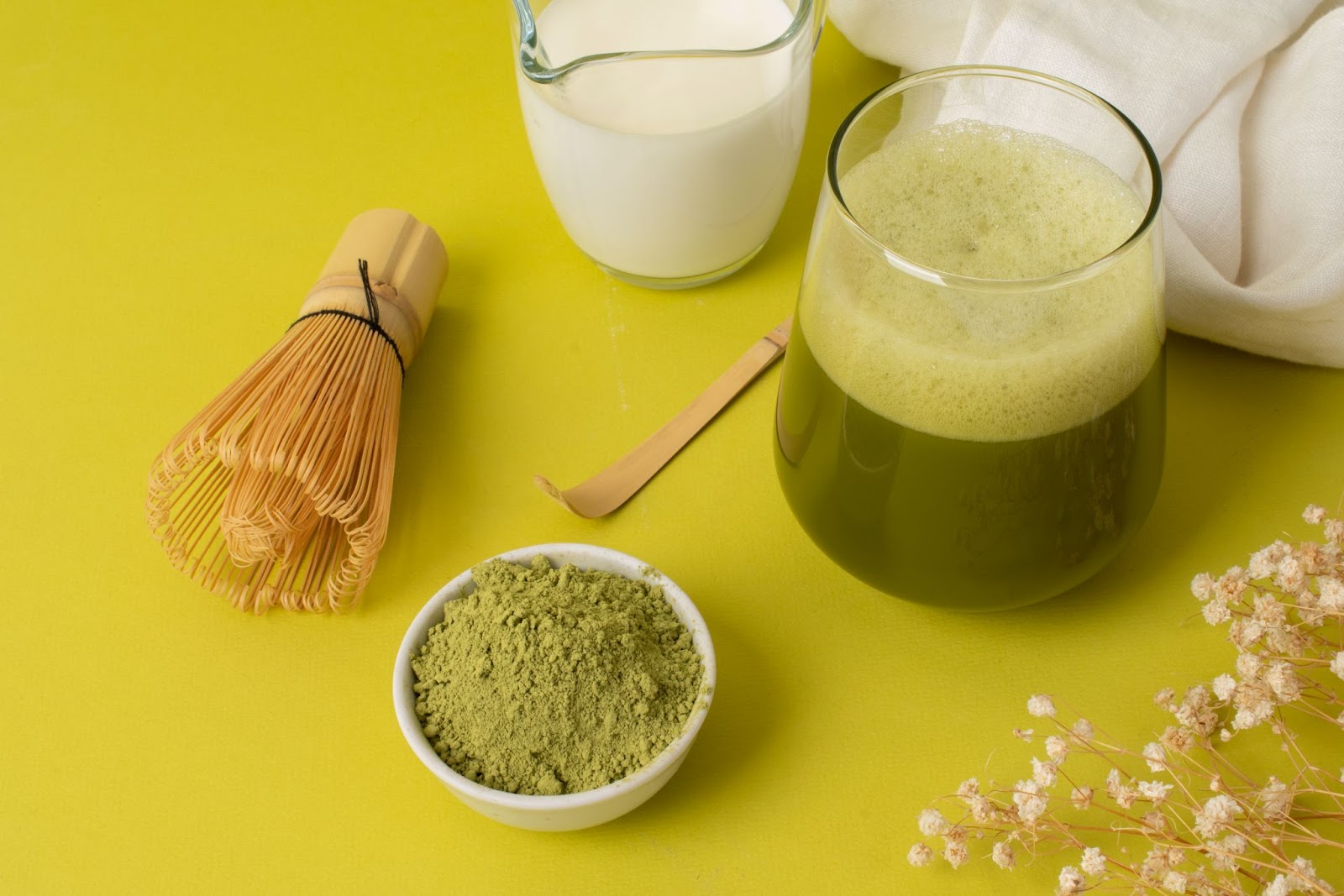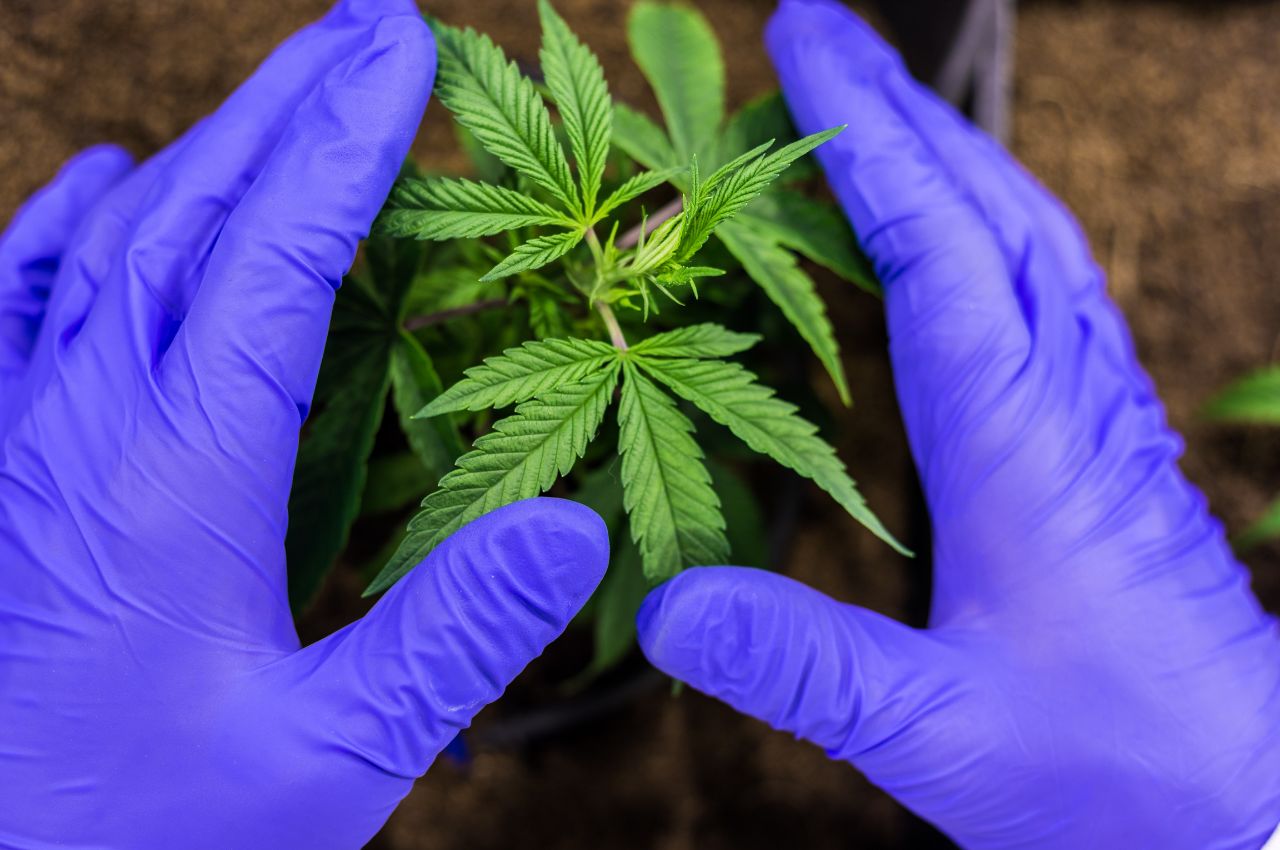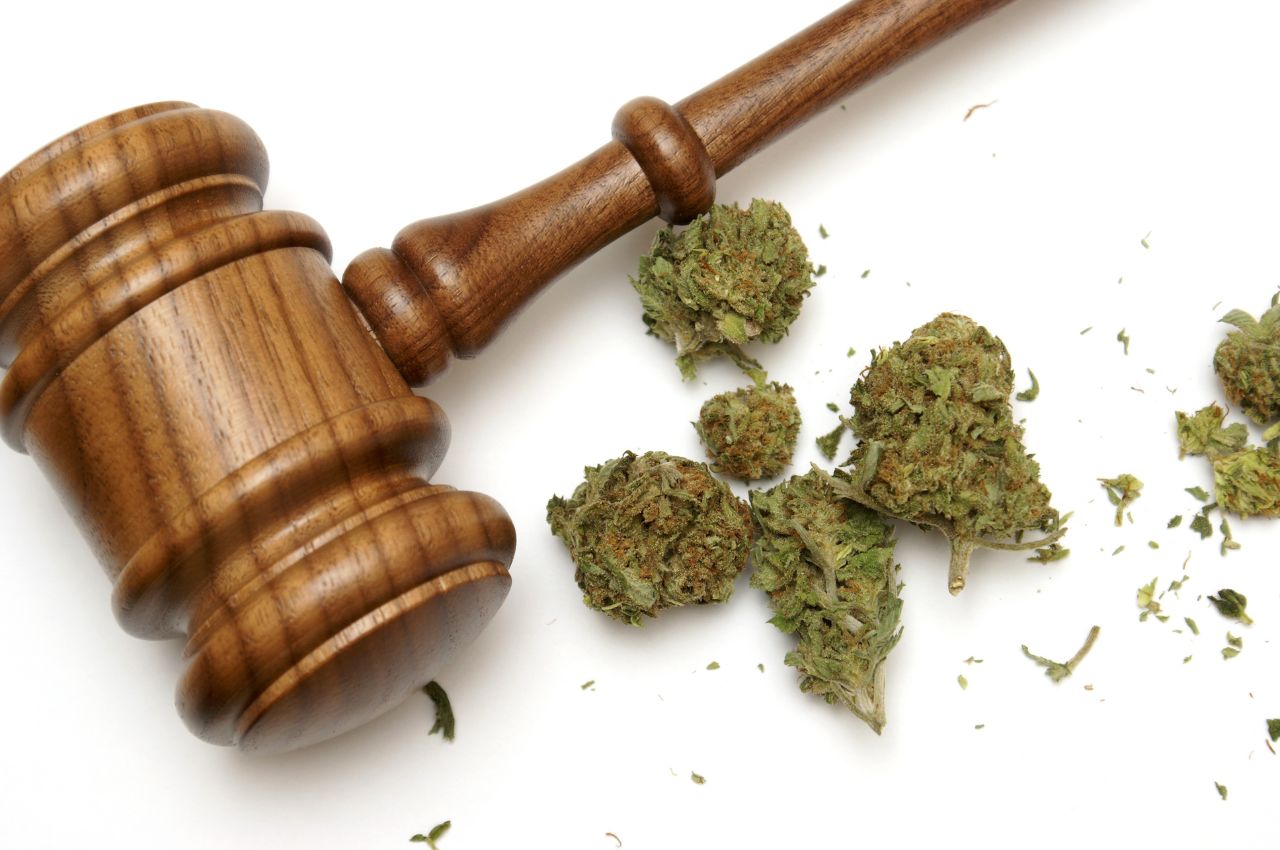In August, members of a World Anti-Doping Agency panel said that marijuana use by athletes violates the spirit of sports and makes them unfit role models. The group expanded on this point in an editorial in the journal Addiction.
Members of the WADA’s Prohibited List Expert Advisory Group summarized why WADA has decided to continue to prohibit the use of marijuana in professional sports. They wrote that the ban is justified despite recent calls for policy change. Four specific points were stated in the paper about why athletes cannot use marijuana.
The WADA group cited excellence in performance, character, and education, respect for rules and laws, and respect for self and other participants as reasons for upholding the complete ban on marijuana during competition. They claim that performance excellence could be undermined by marijuana use. There is inconclusive evidence as to whether marijuana impairs or enhances athletic performance. WADA explained that athletes must be role models and marijuana use sets a poor example for others. Marijuana is currently illegal in many countries, which violates respect for rules and laws, and committing a crime is not becoming a role model. WADA also claims that marijuana use could compromise the safety of oneself or others.
The group also cites physical and possible psychiatric impairment associated with marijuana use as reasons for continuing the ban. The panel said the “potential of cannabis use to compromise the health and safety of the athlete qualifies the application of this criterion.” WADA’s decision comes after a year-long review of the situation beginning last year.

The group points to other reforms as reasons to uphold their ban. They claim the rules are getting looser in other areas, so the overall marijuana ban should continue. For example, the organization has made other cannabis reforms, like raising the amount of THC that can be present in an athlete’s system to account for marijuana consumption outside of competition. Using marijuana while not competing is not in violation of WADA’s rules.
“Because of these high thresholds, primarily chronic, frequent cannabis users and athletes consuming high doses in competition will be detected. Therefore, the cut-off generally will not affect the freedom of an athlete who wishes to consume cannabis outside of competition legally,” the organization said.
Calls for reform of marijuana policies in athletics came in 2021 after American runner Sha’Carri Richardson was barred from competing in the Olympics because of a positive THC test. Advocates for change include the U.S. Anti-Doping Agency, President Joe Biden, and congressional leaders. USADA CEO Travis Tygart said his agency “has advocated for WADA to change its approach to marijuana so a positive test is not a violation unless it was intentionally used to enhance performance or endangers the health or safety of competitors.” Tygart mentioned that the USADA has favored changing these policies for decades and expressed sympathy for Richardson.
Other sports organizations have been vocal about changing their policies regarding marijuana and CBD. The NBA, NCAA, NFL, MBA, and UFC have all made strides toward eliminating marijuana-based punishments for athletes and even entered into partnerships with CBD brands.


